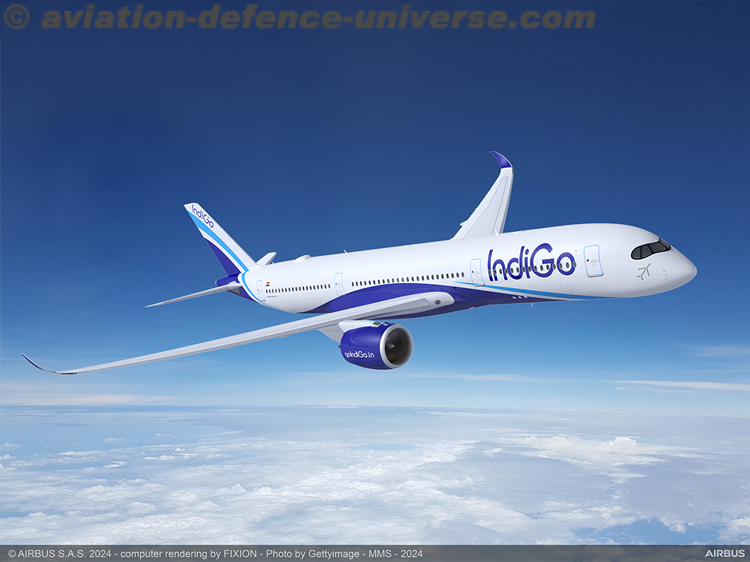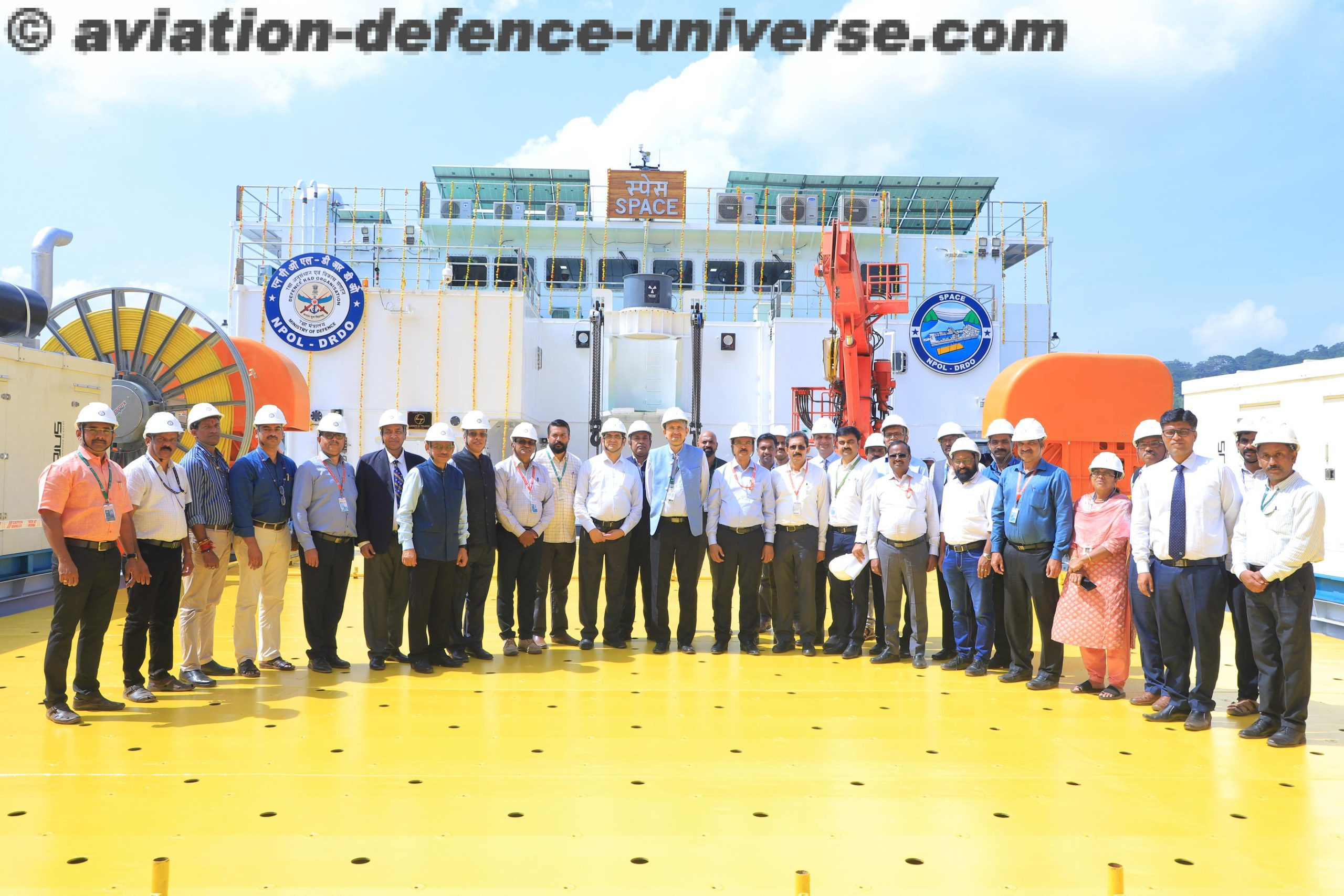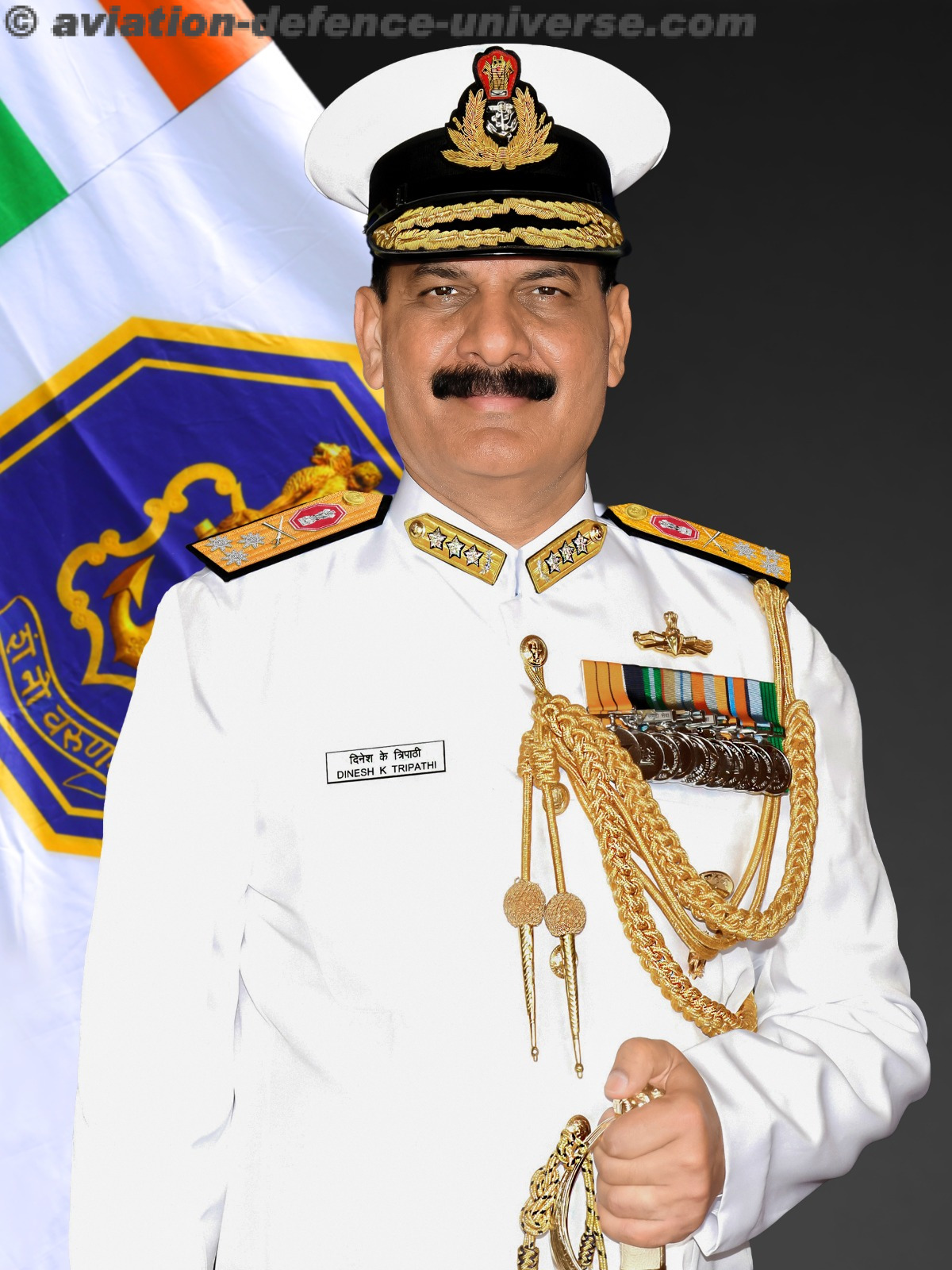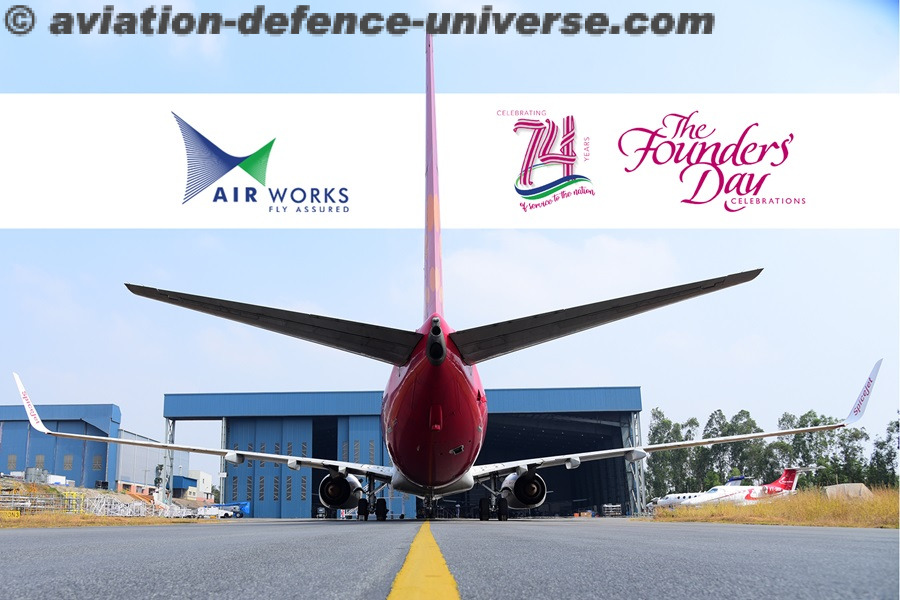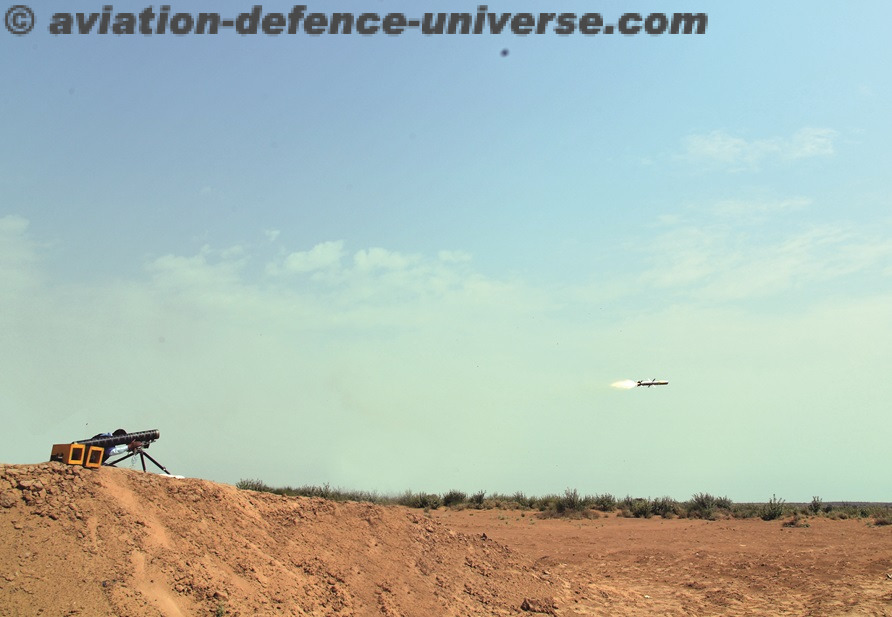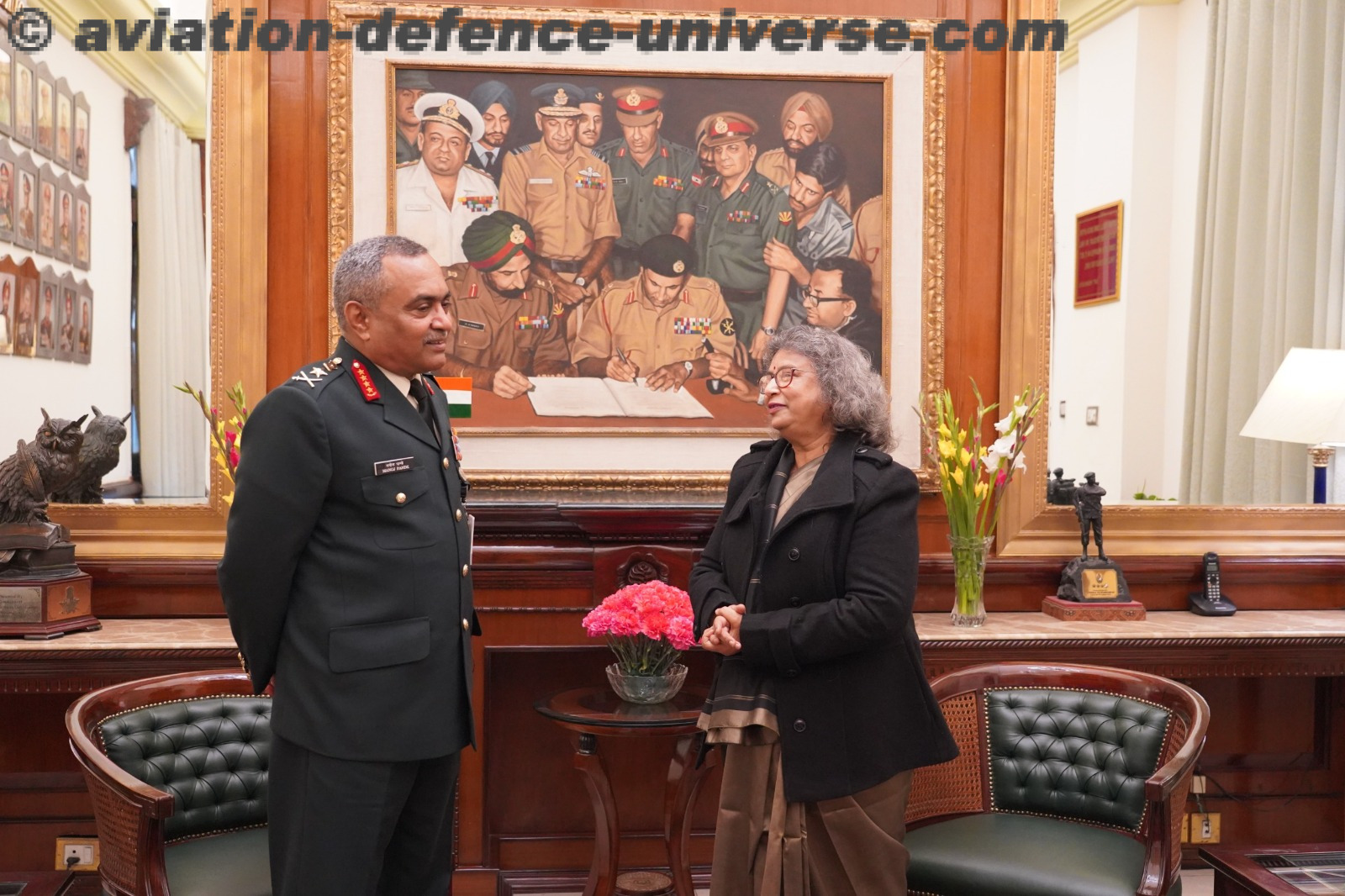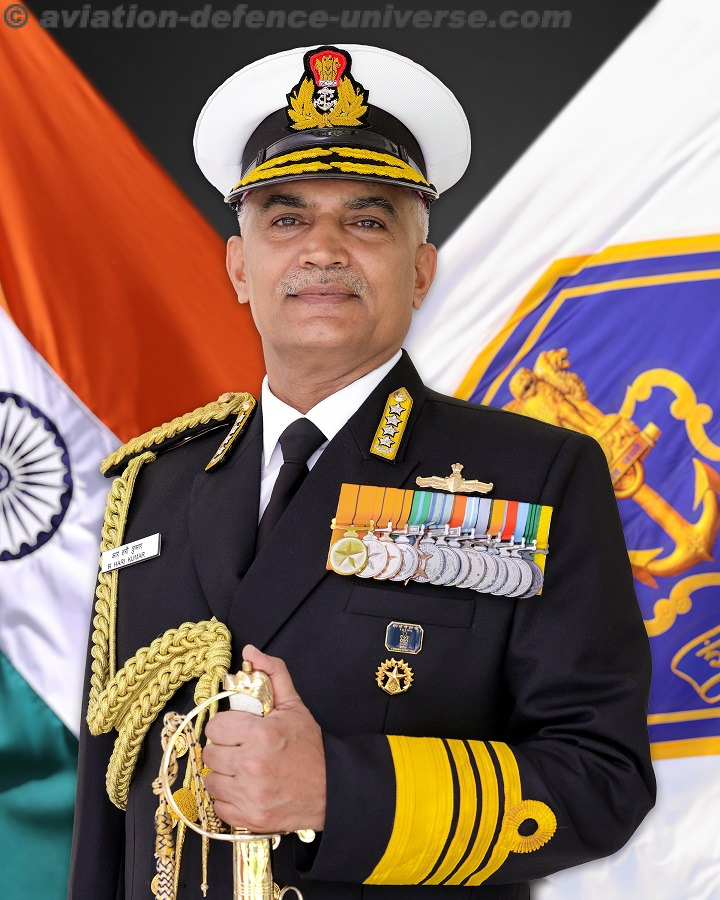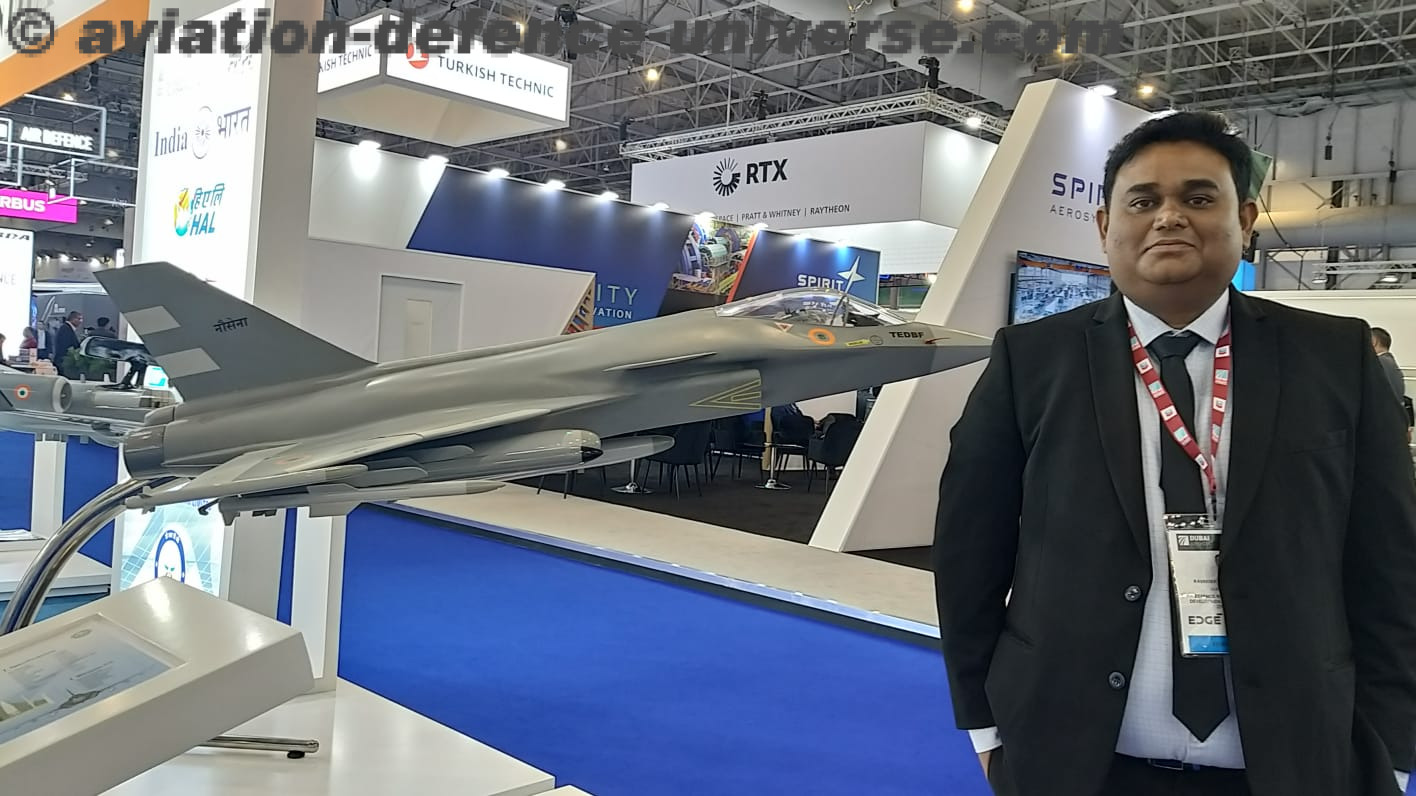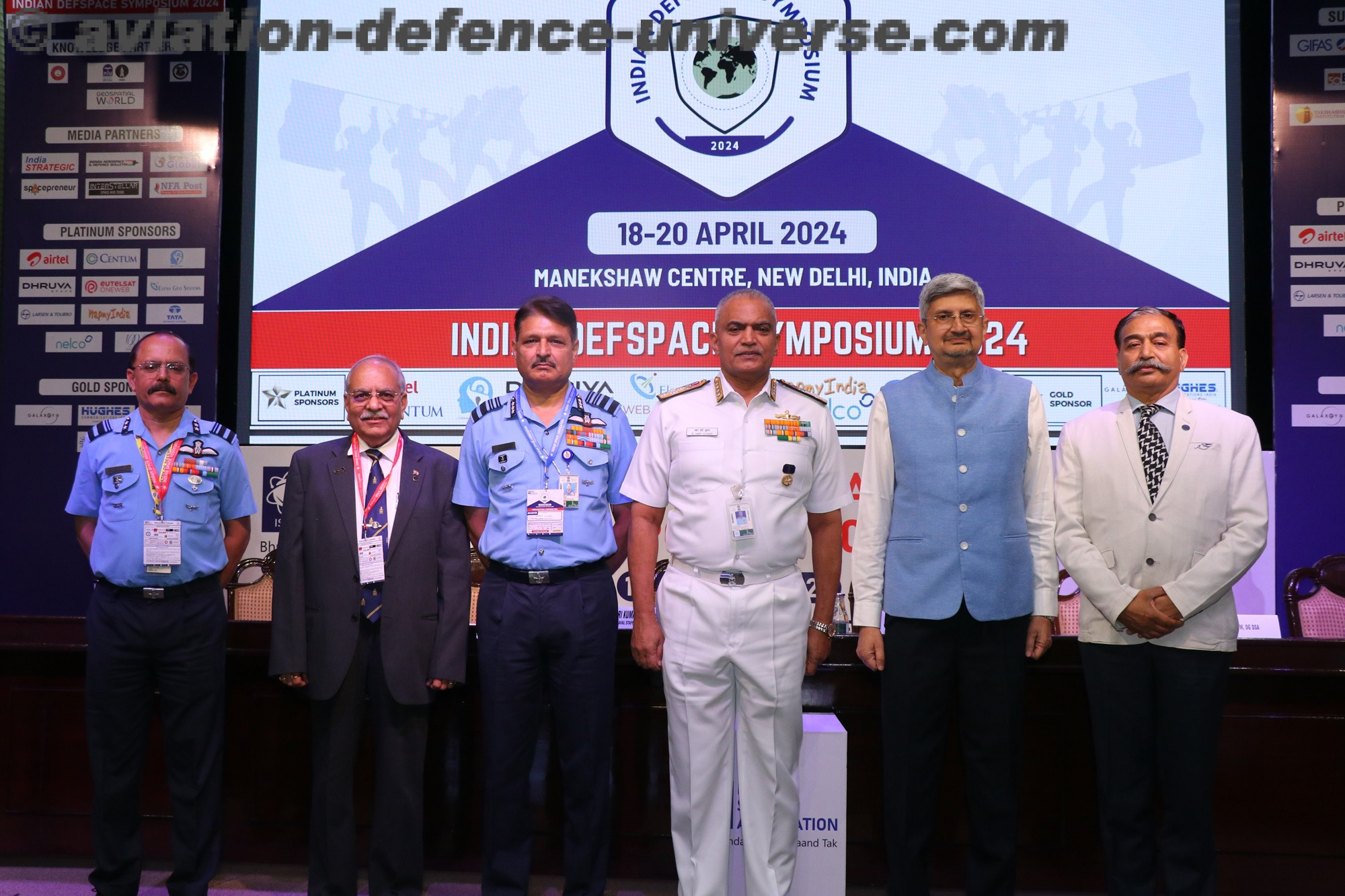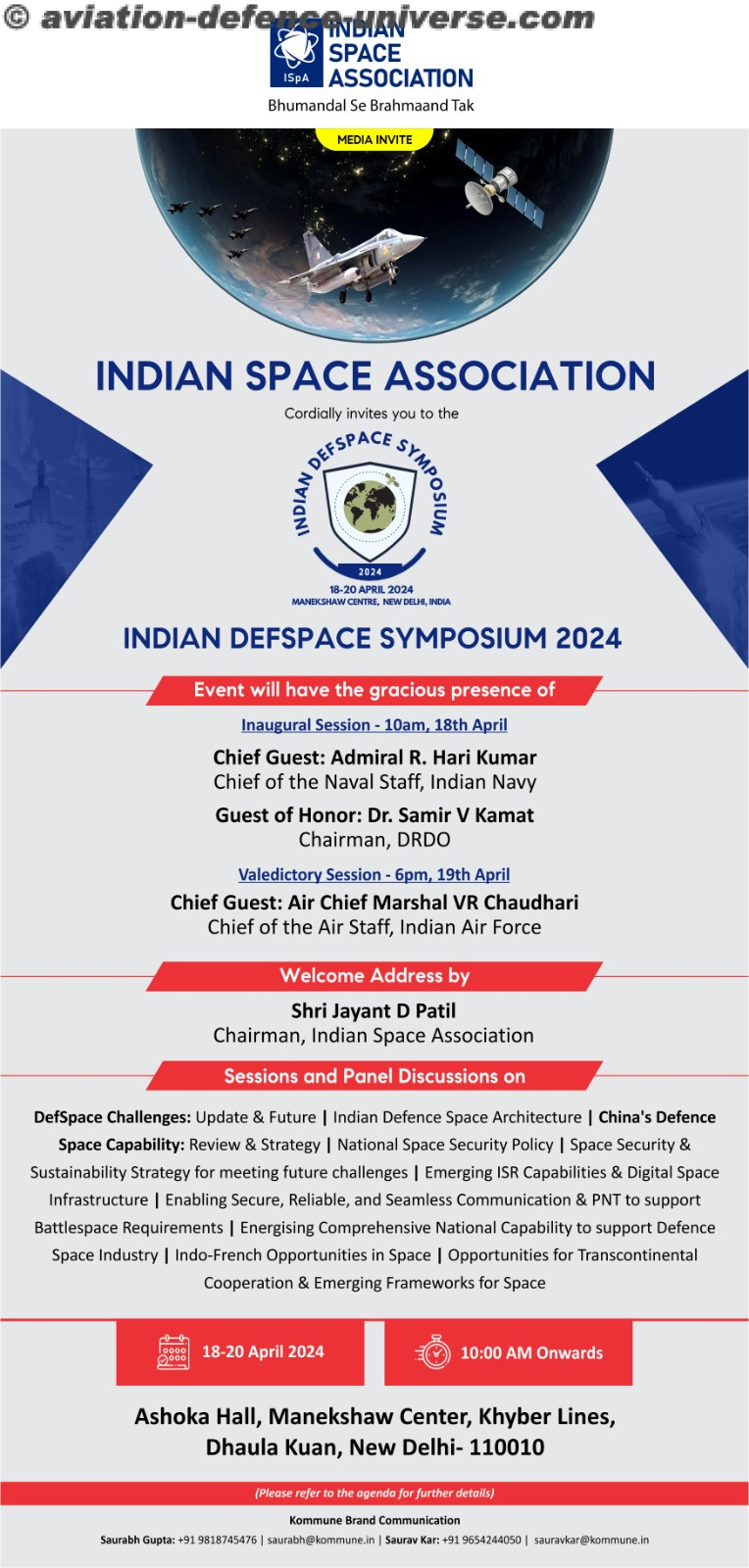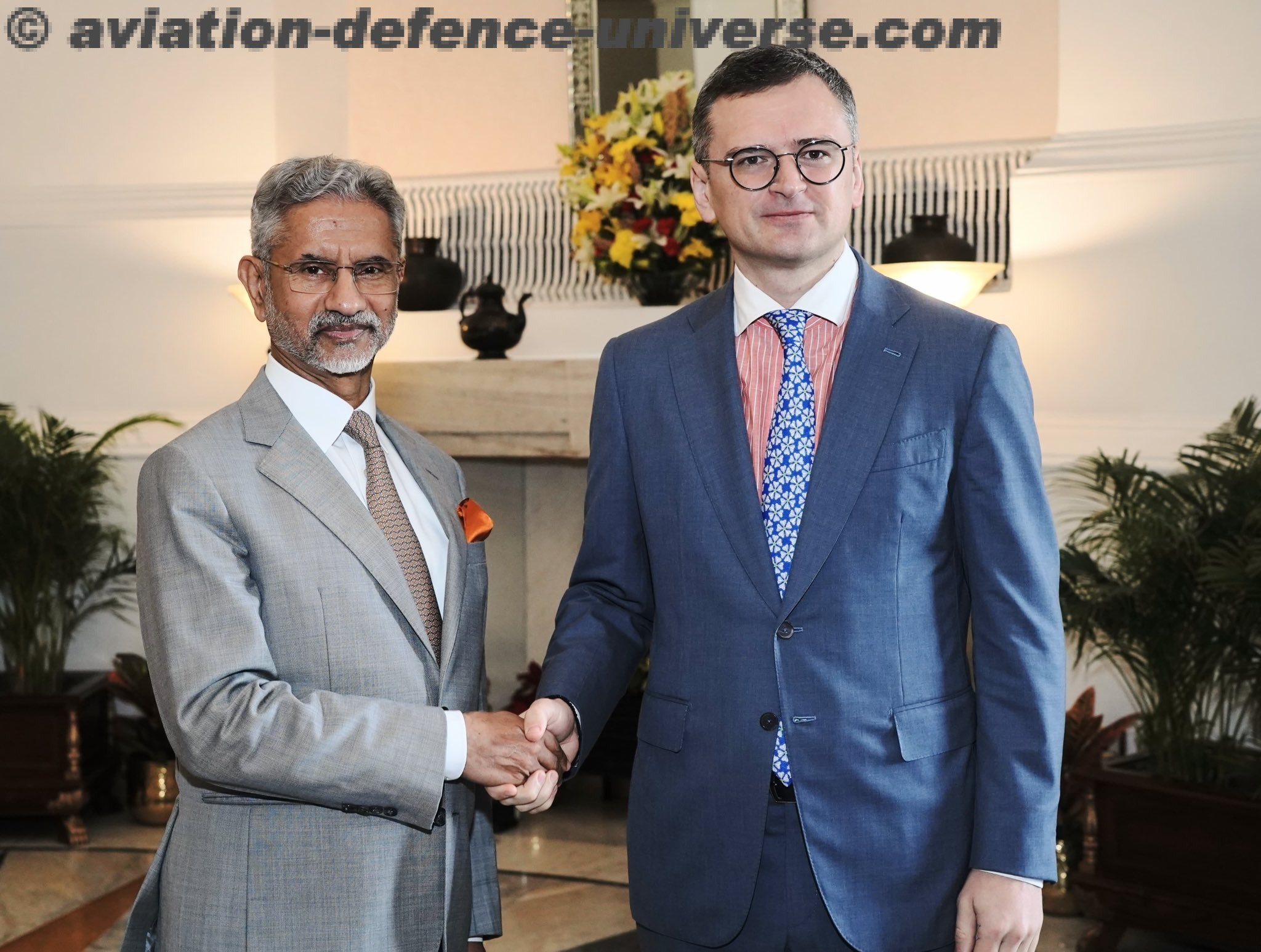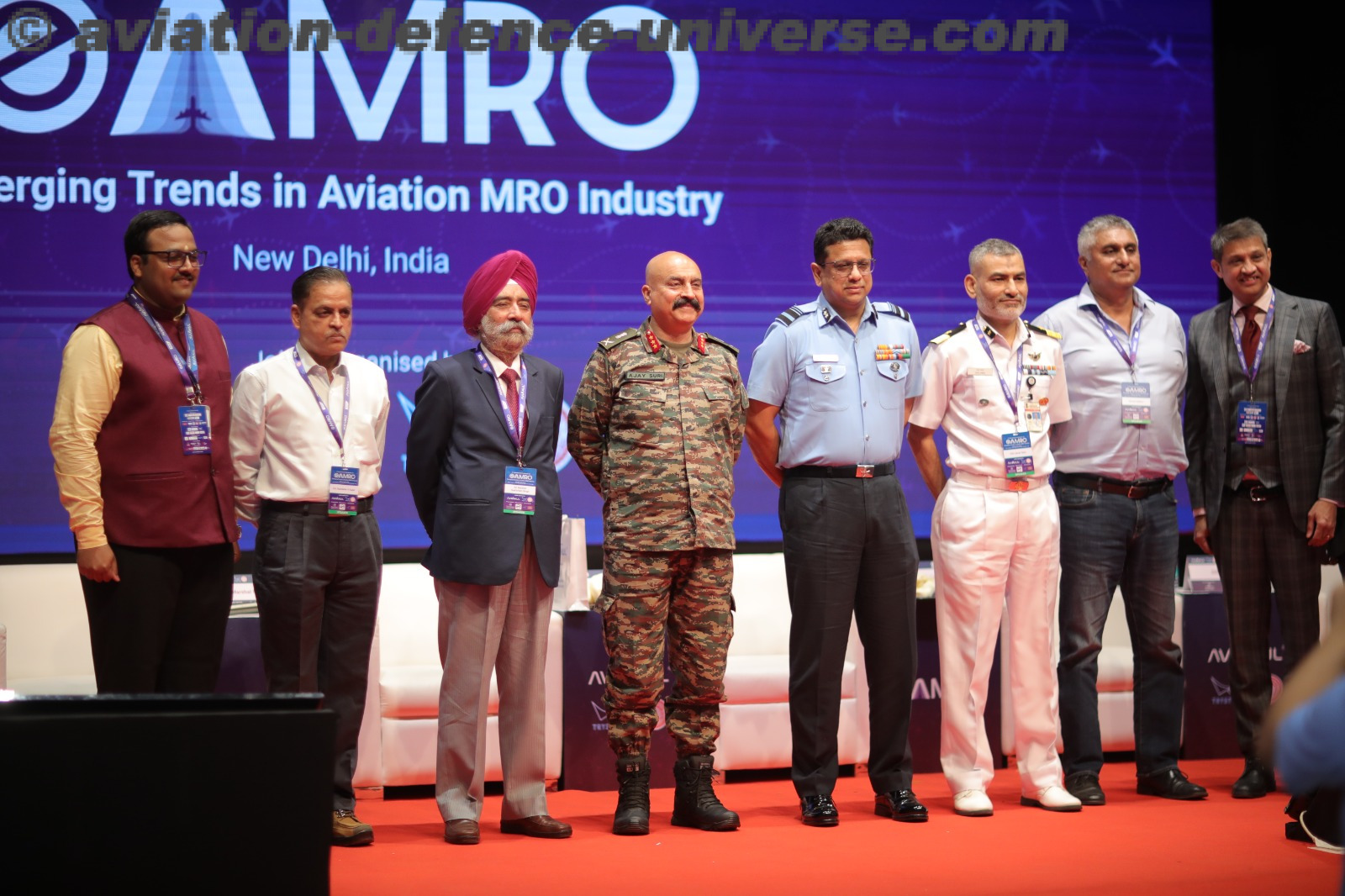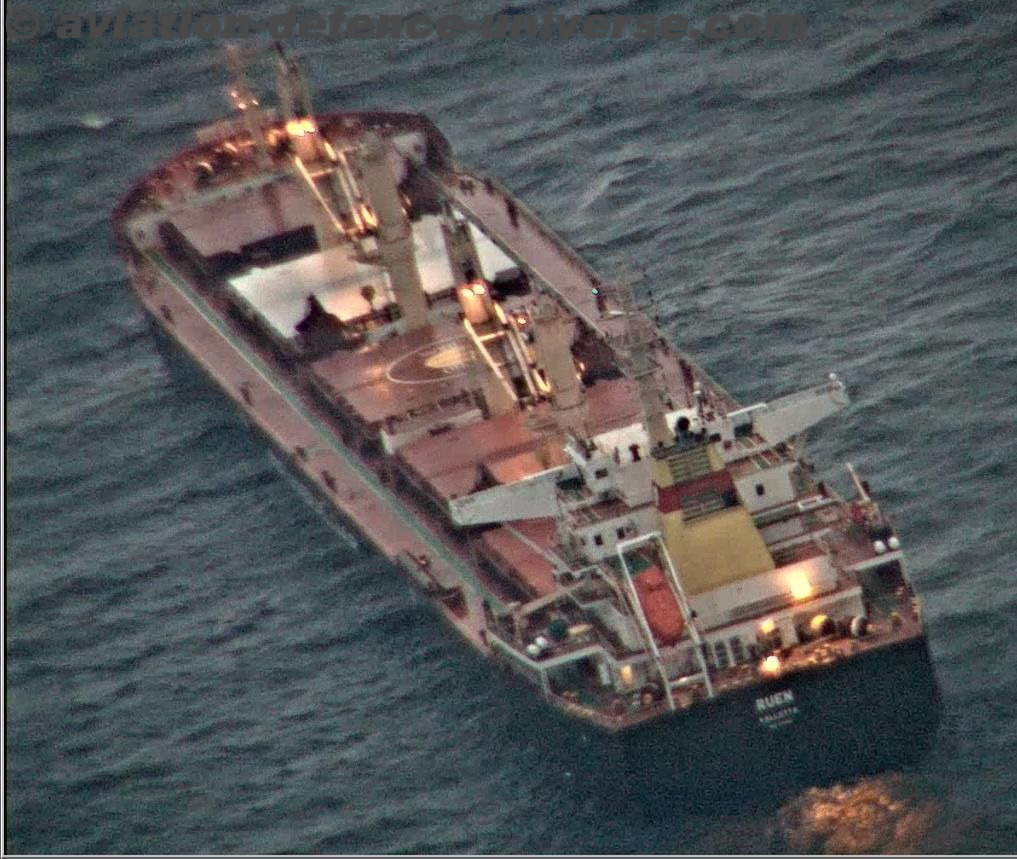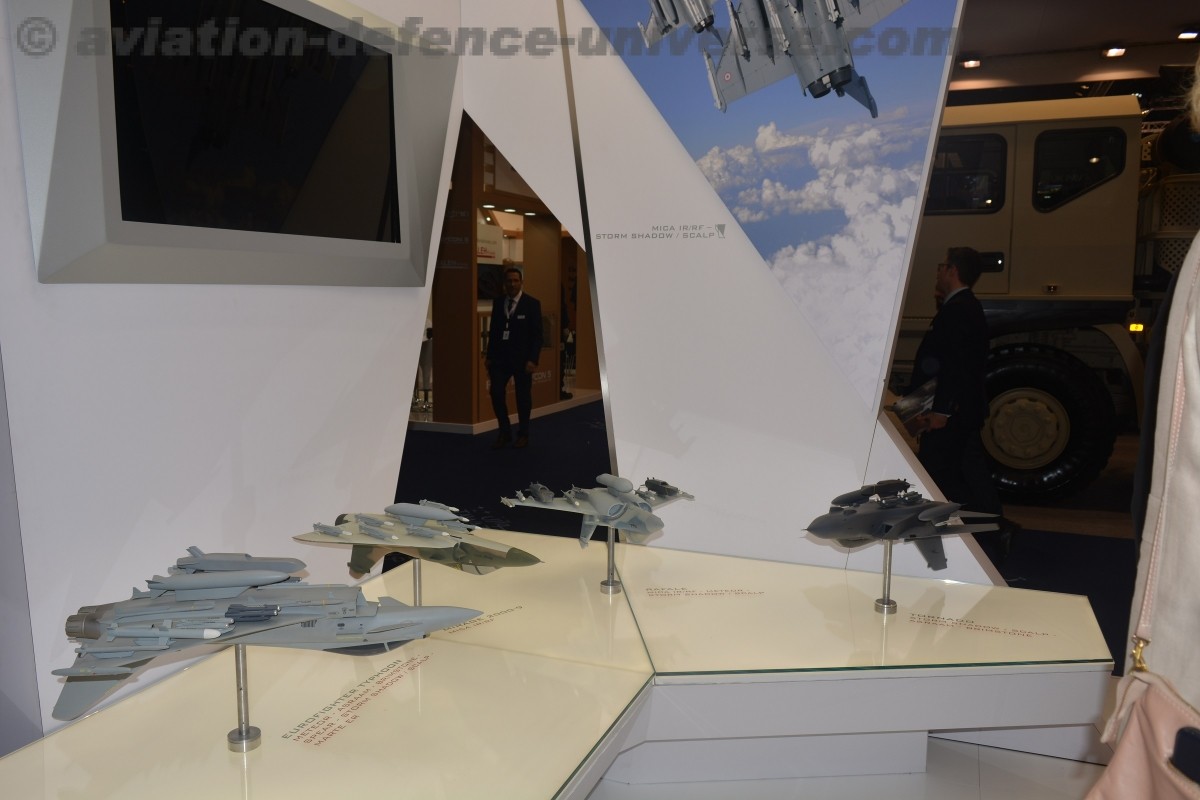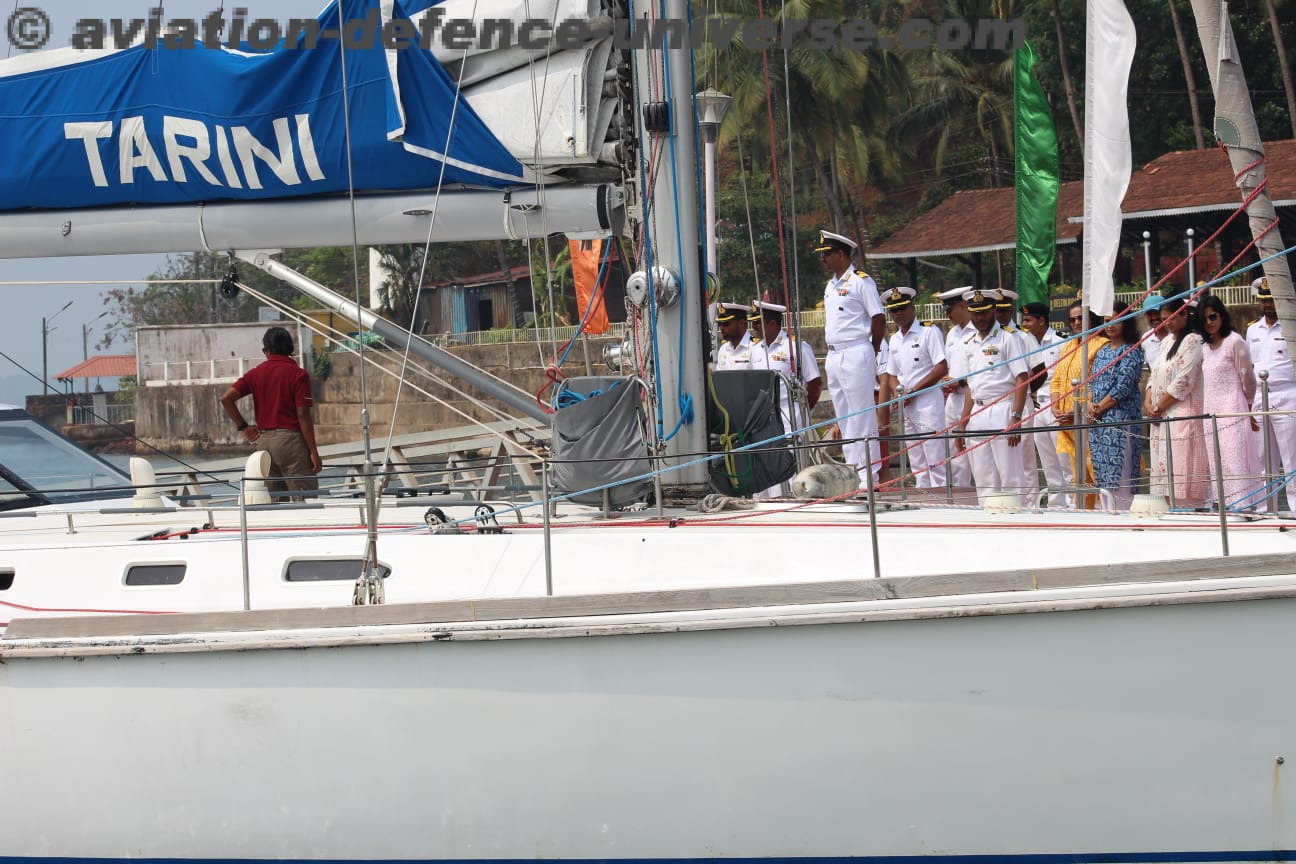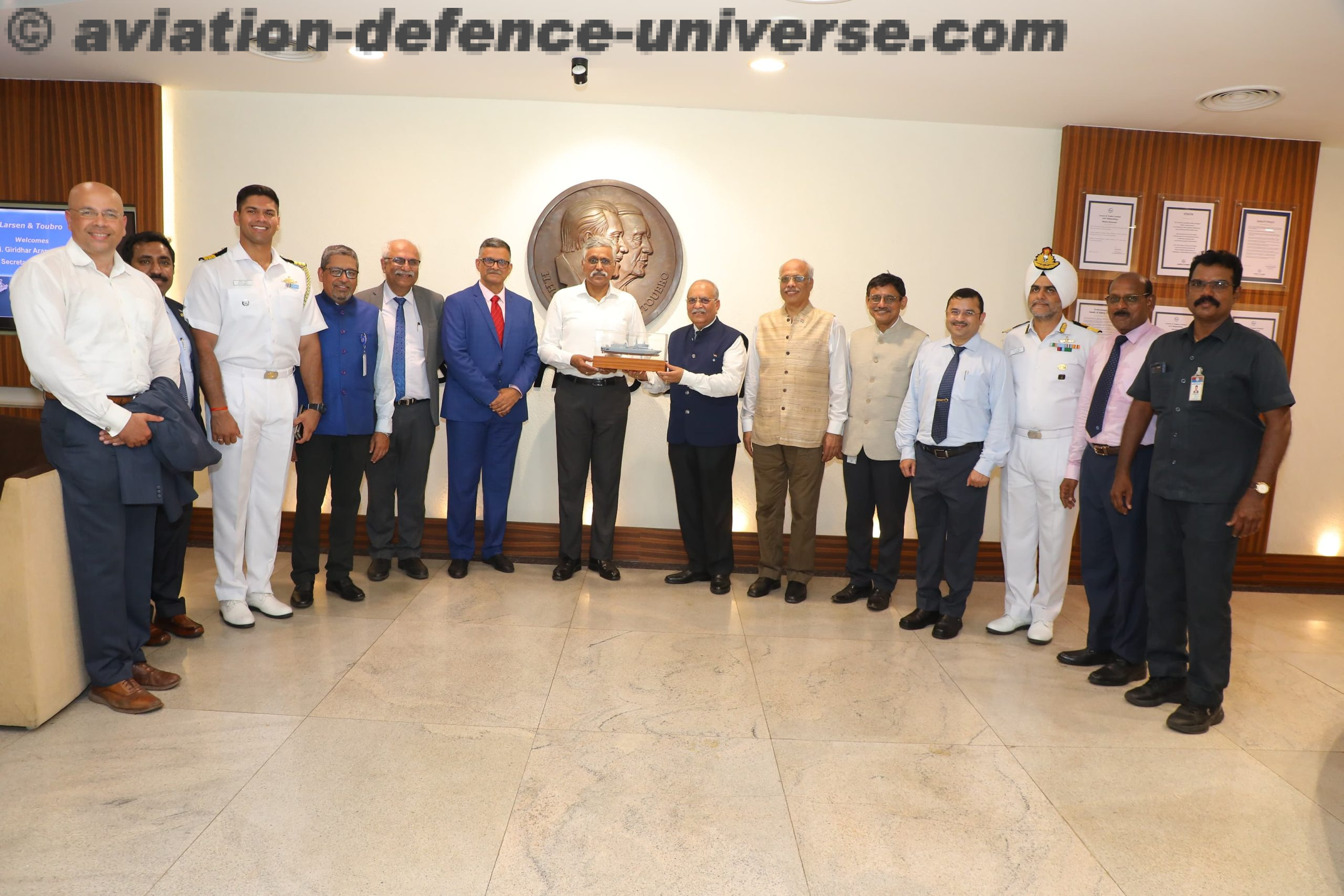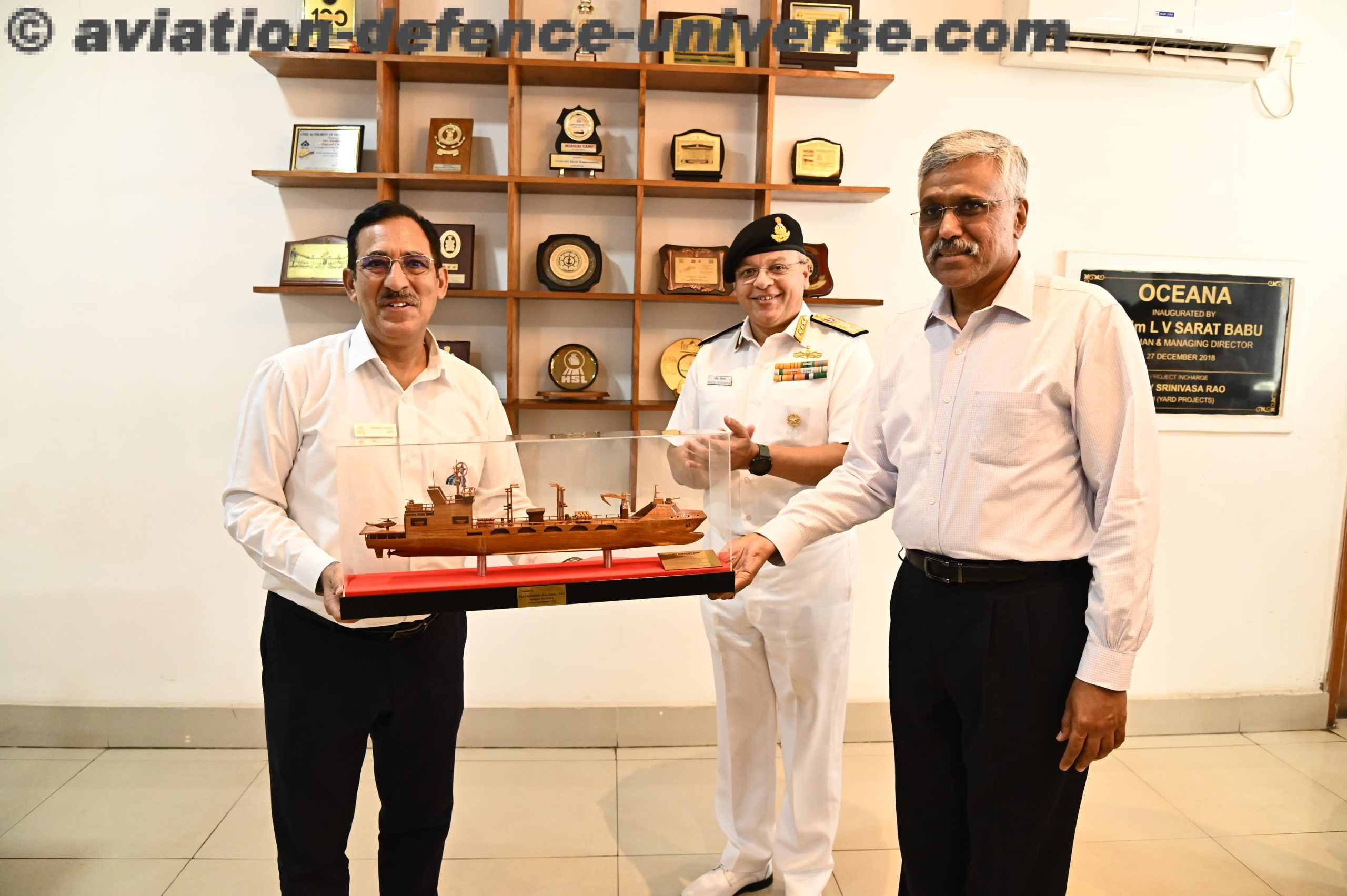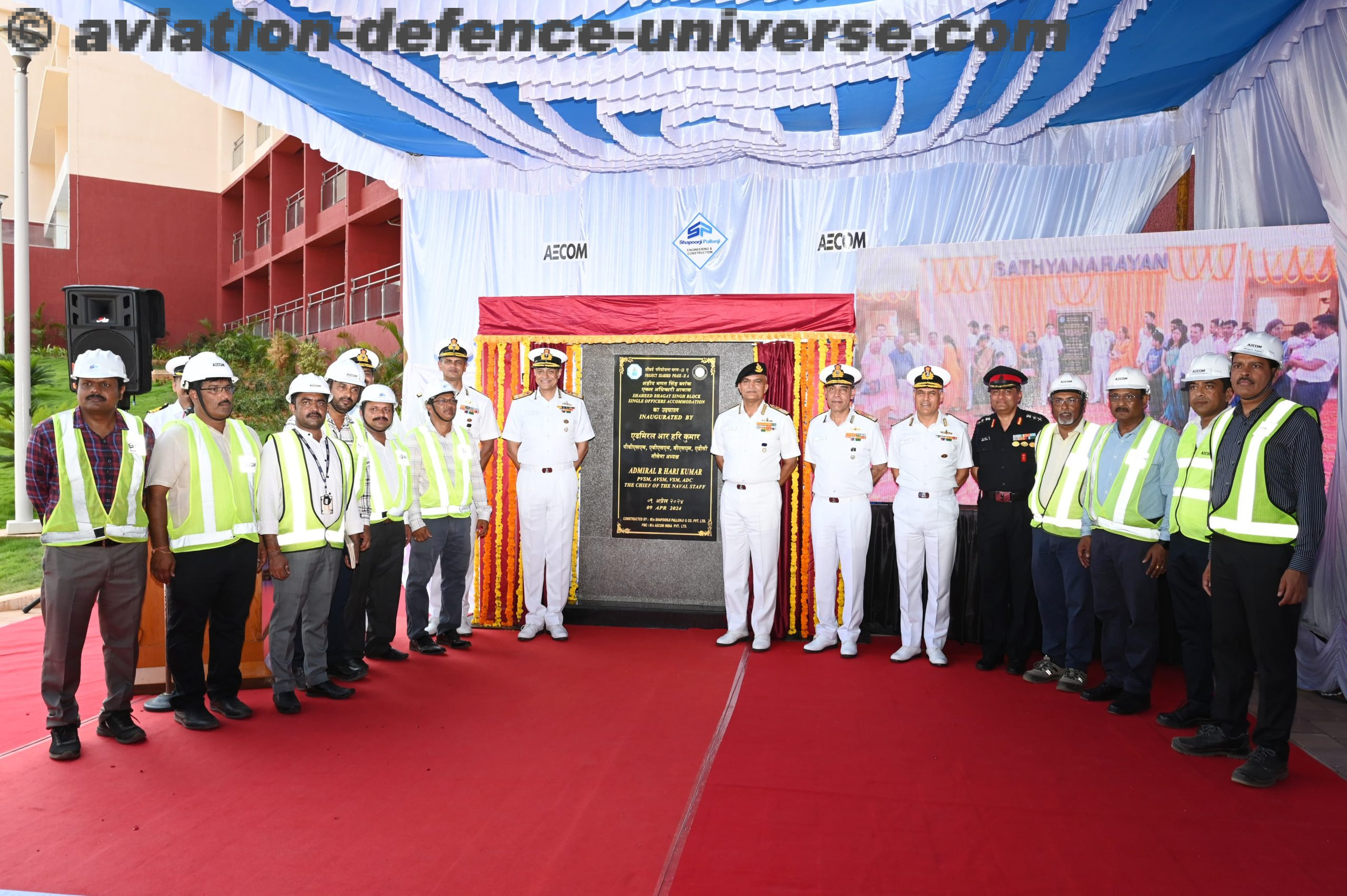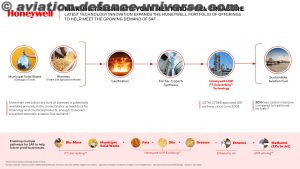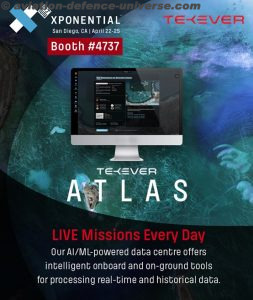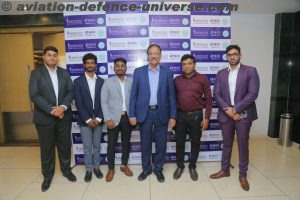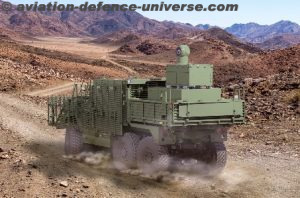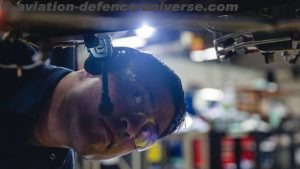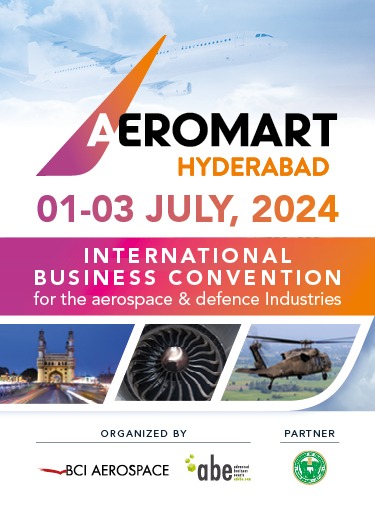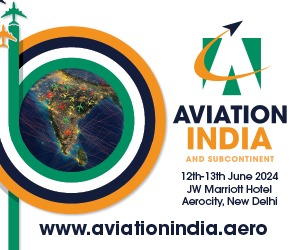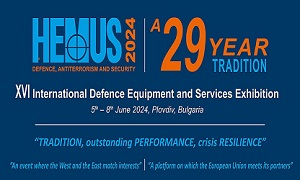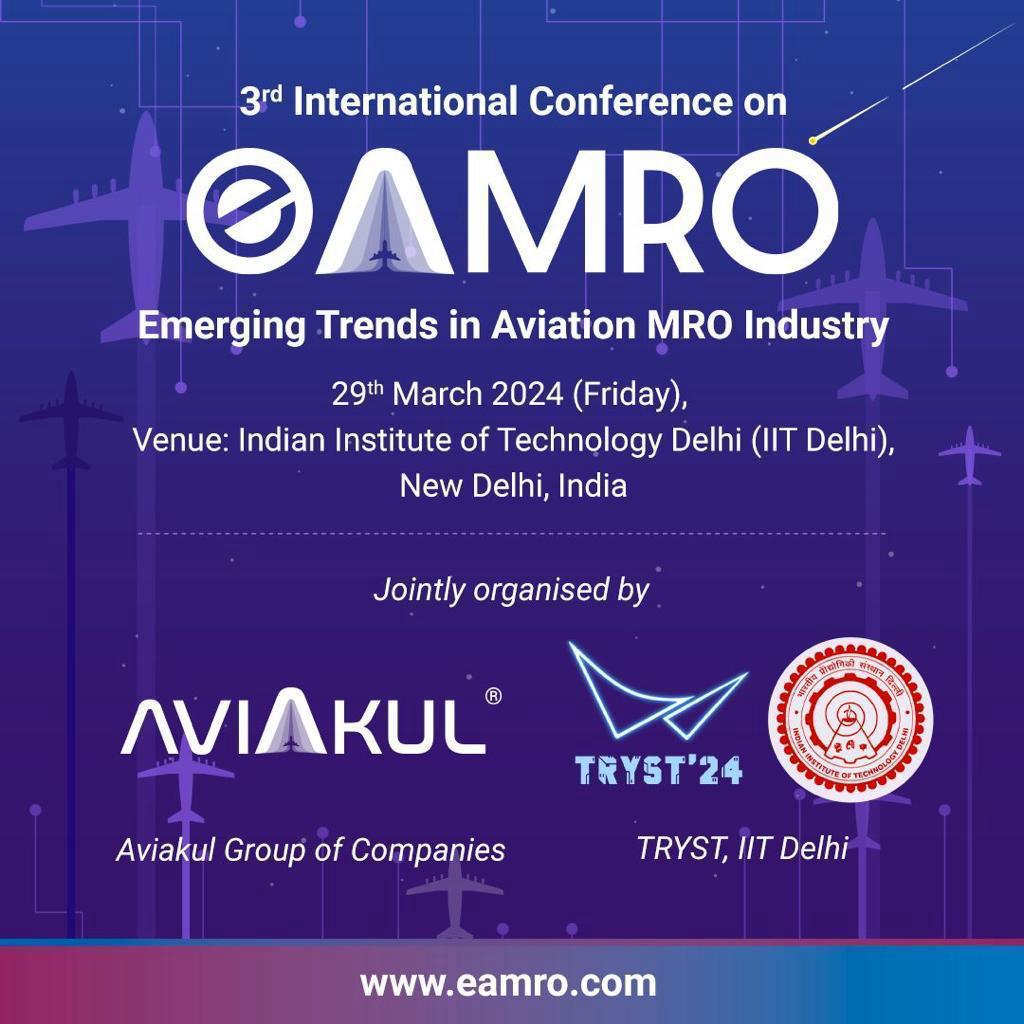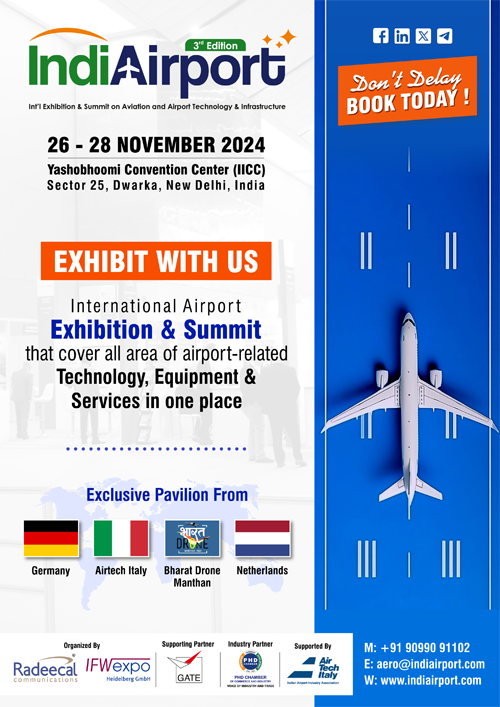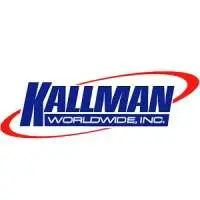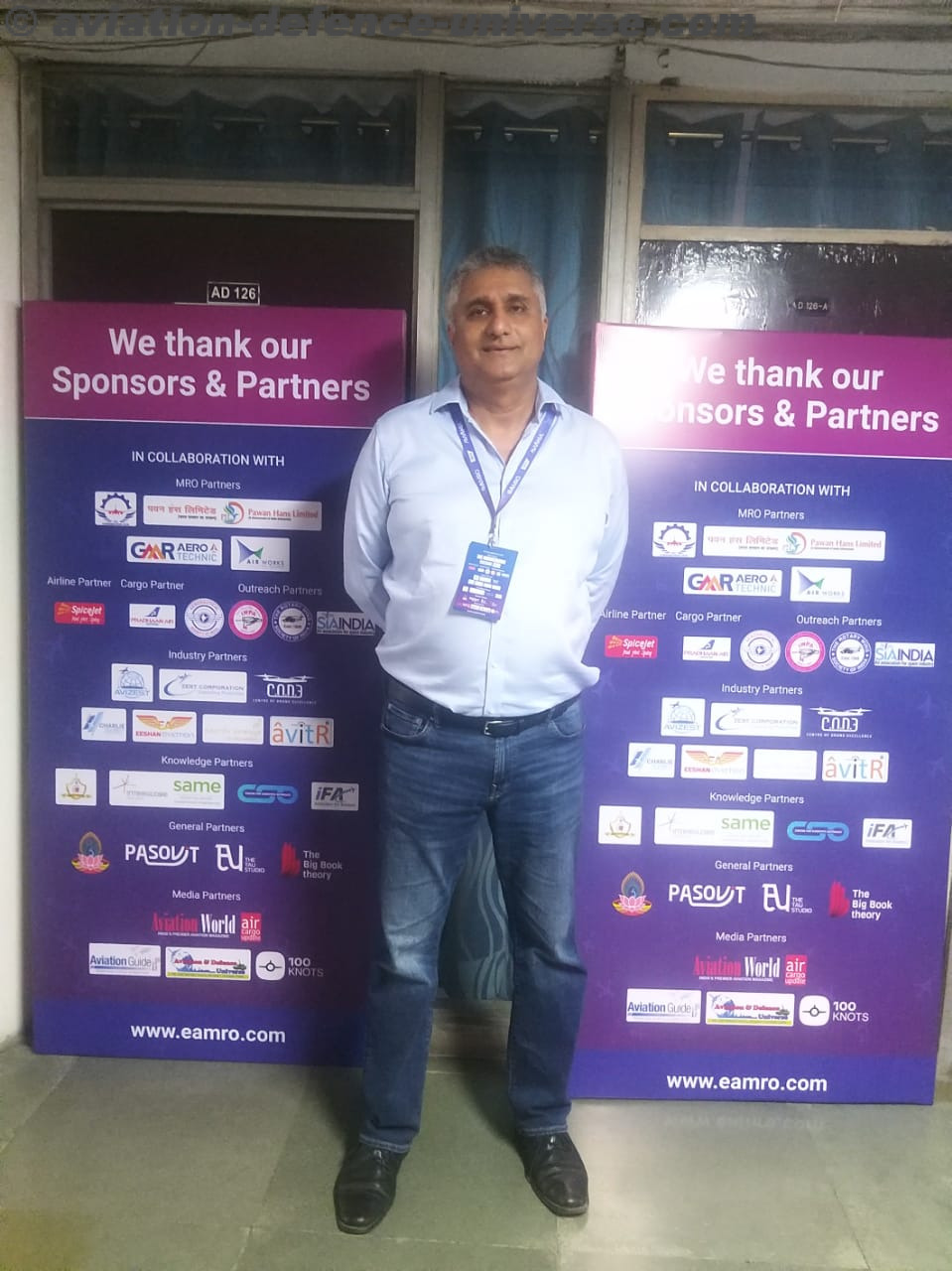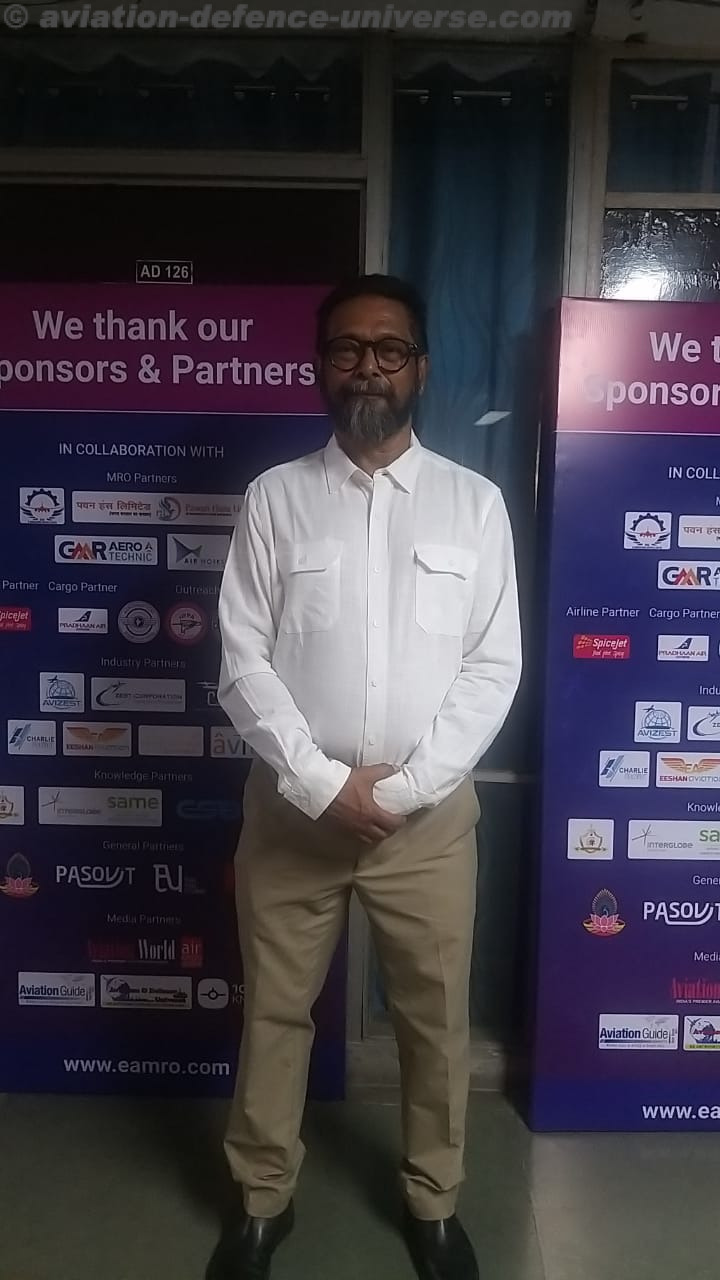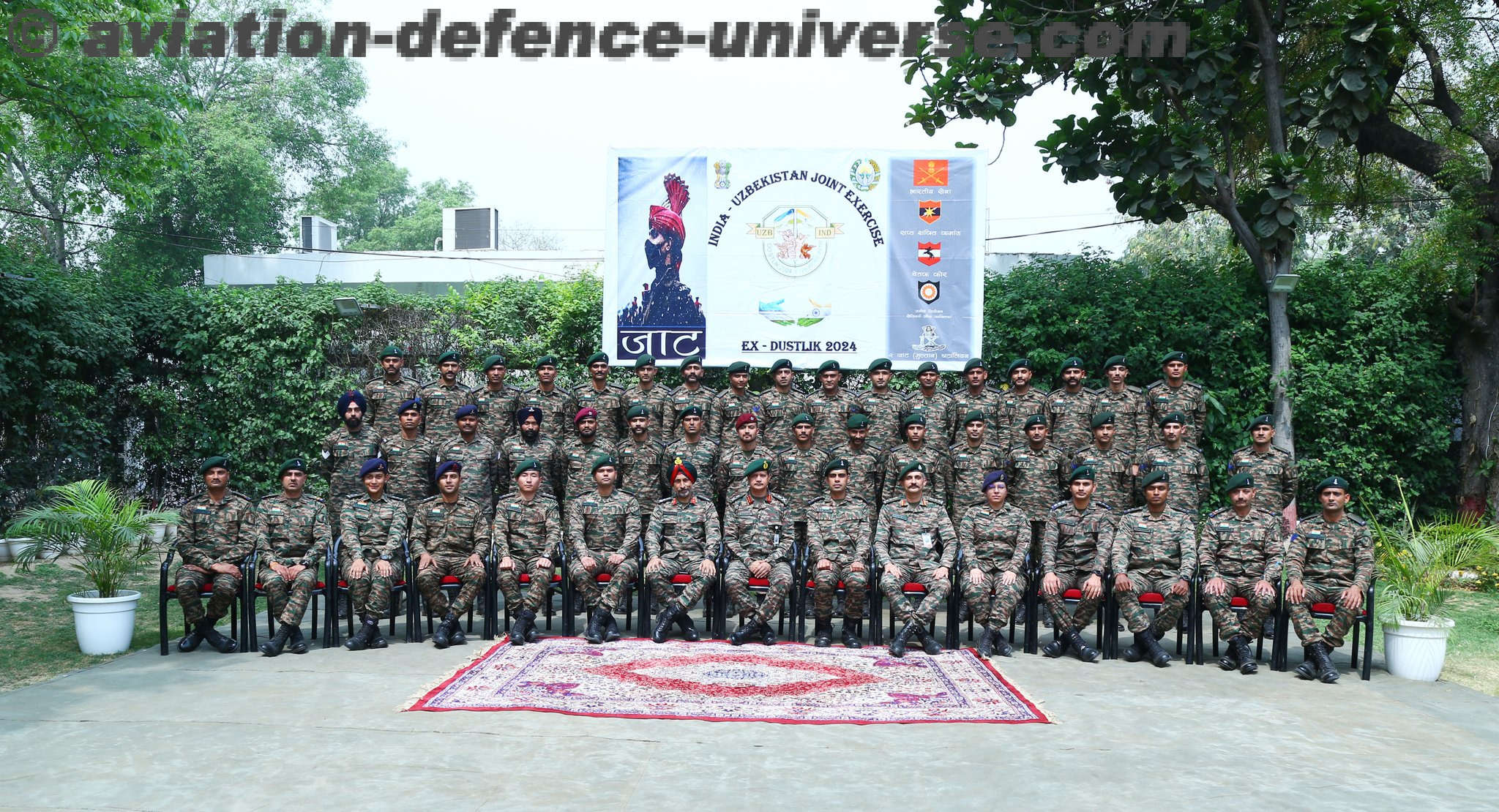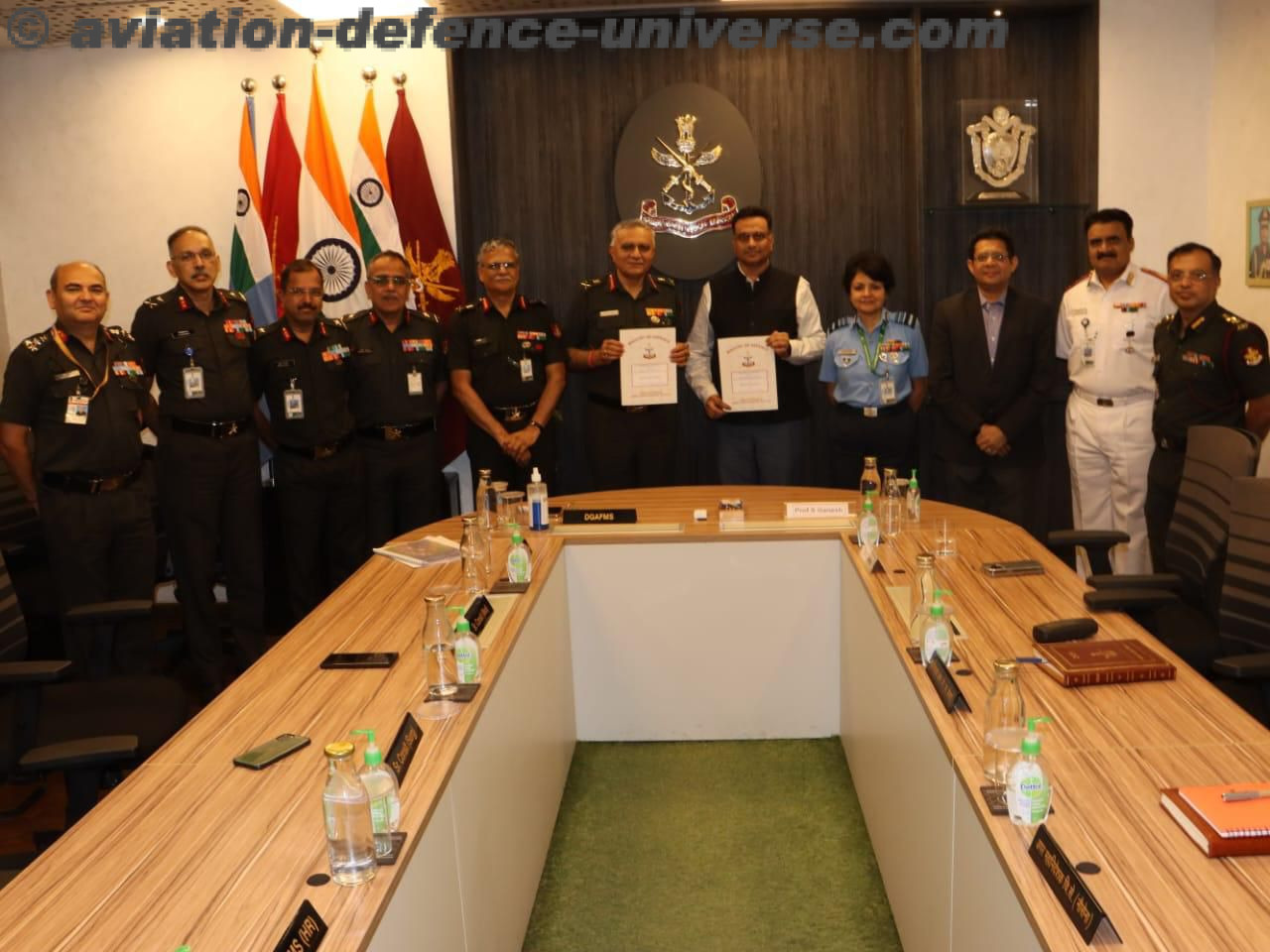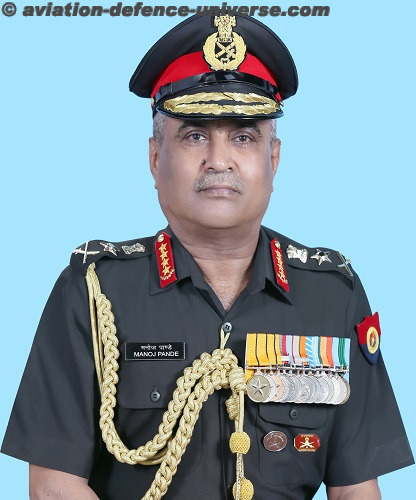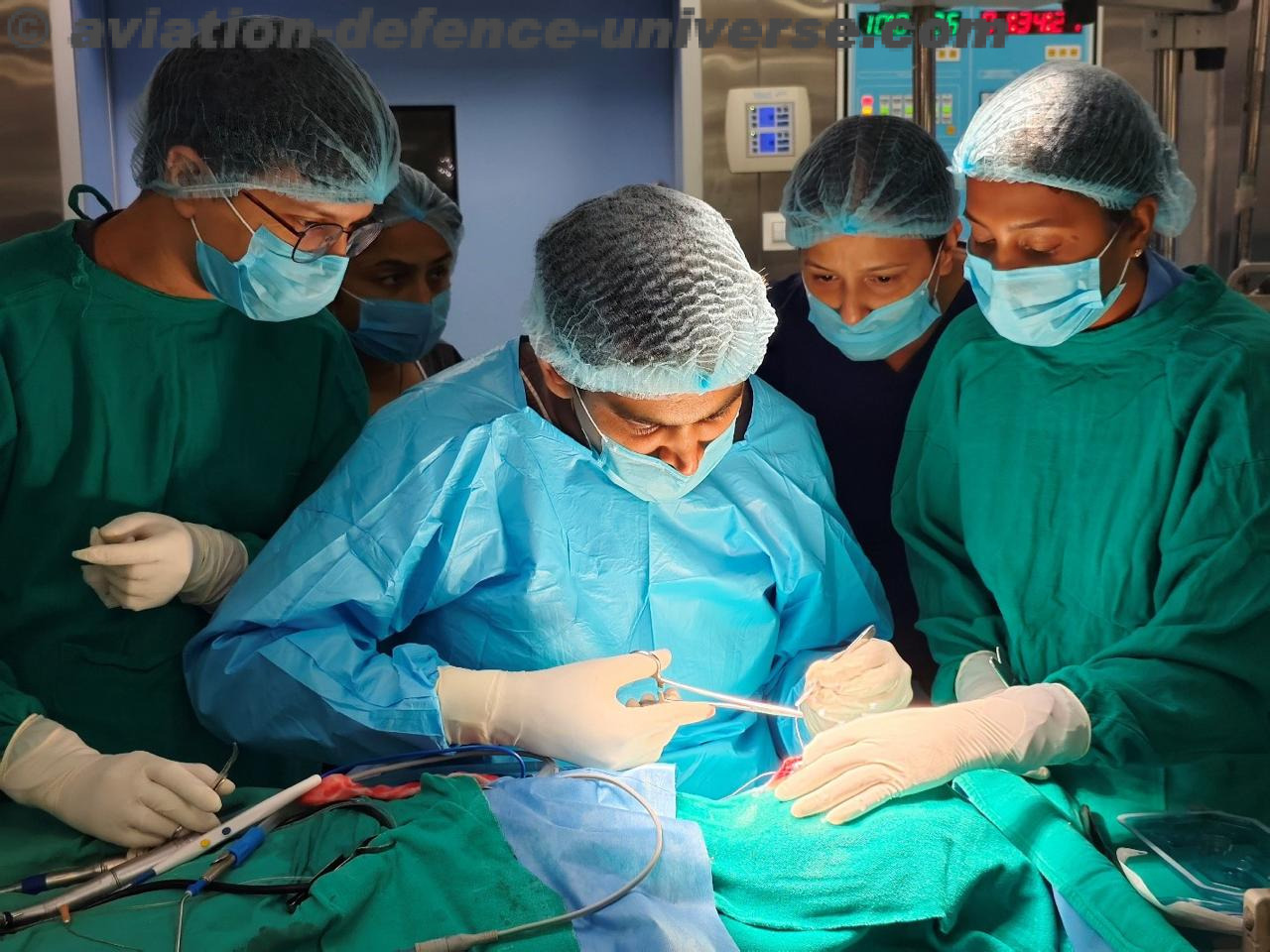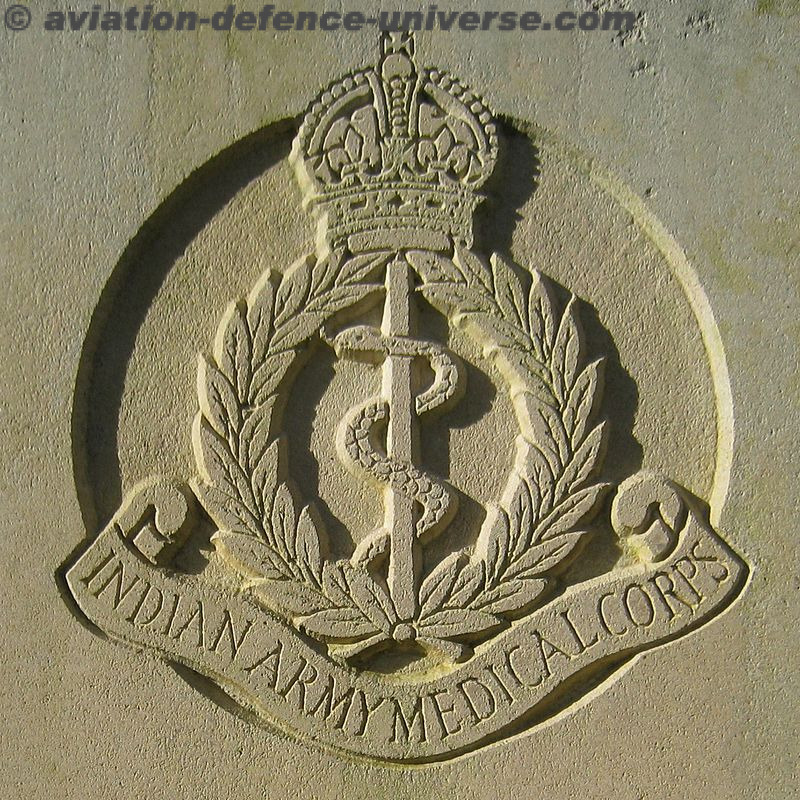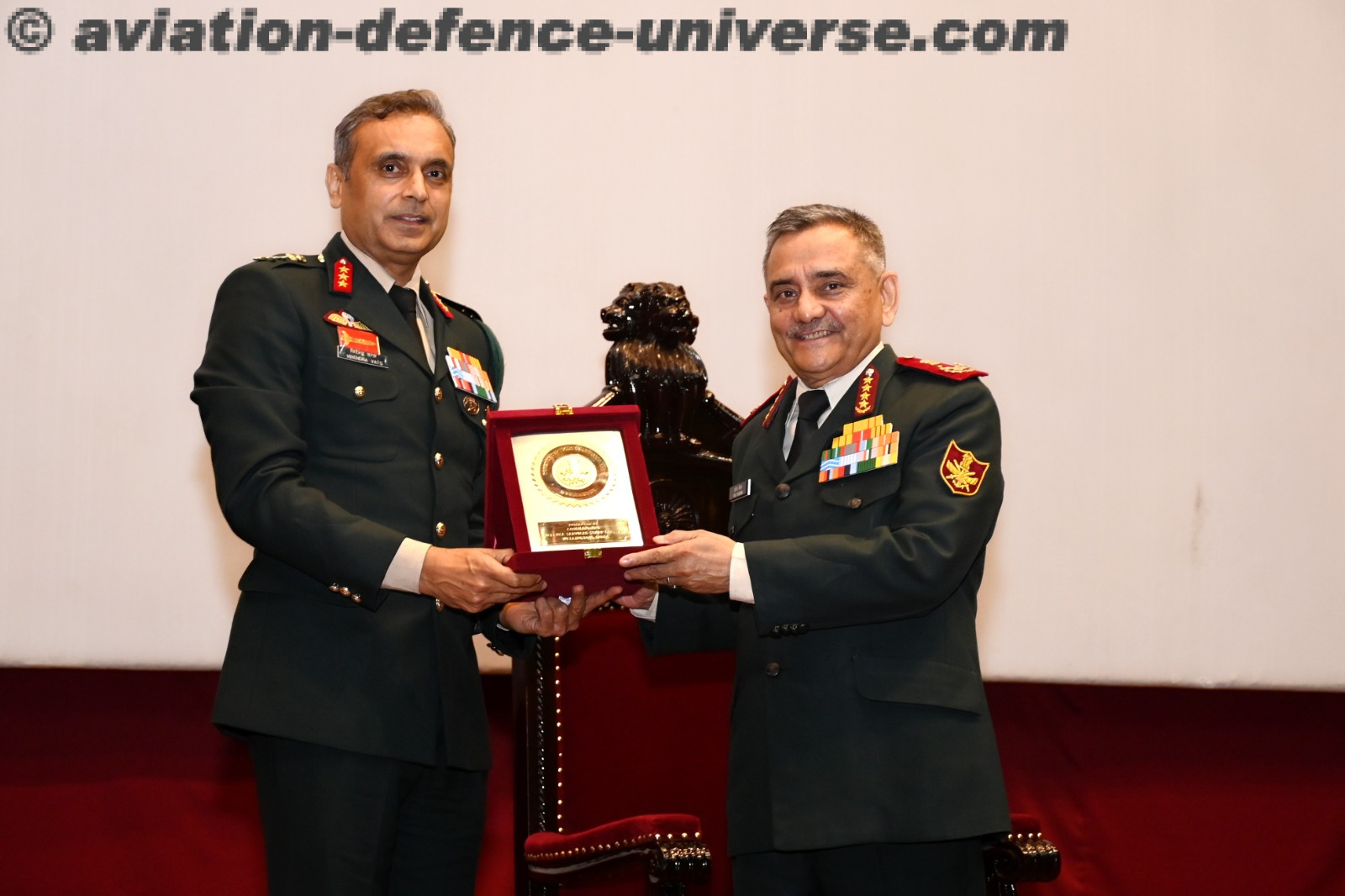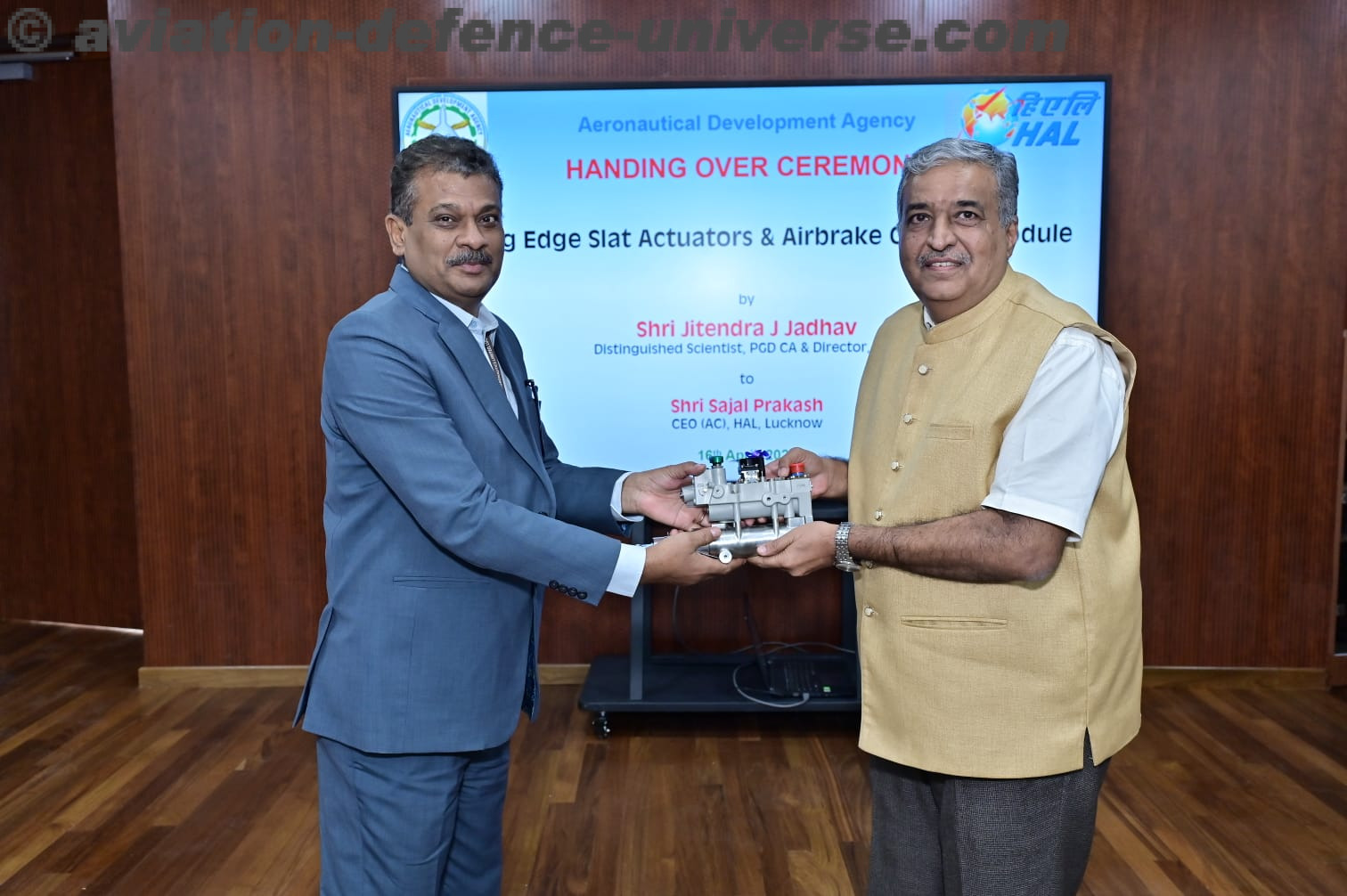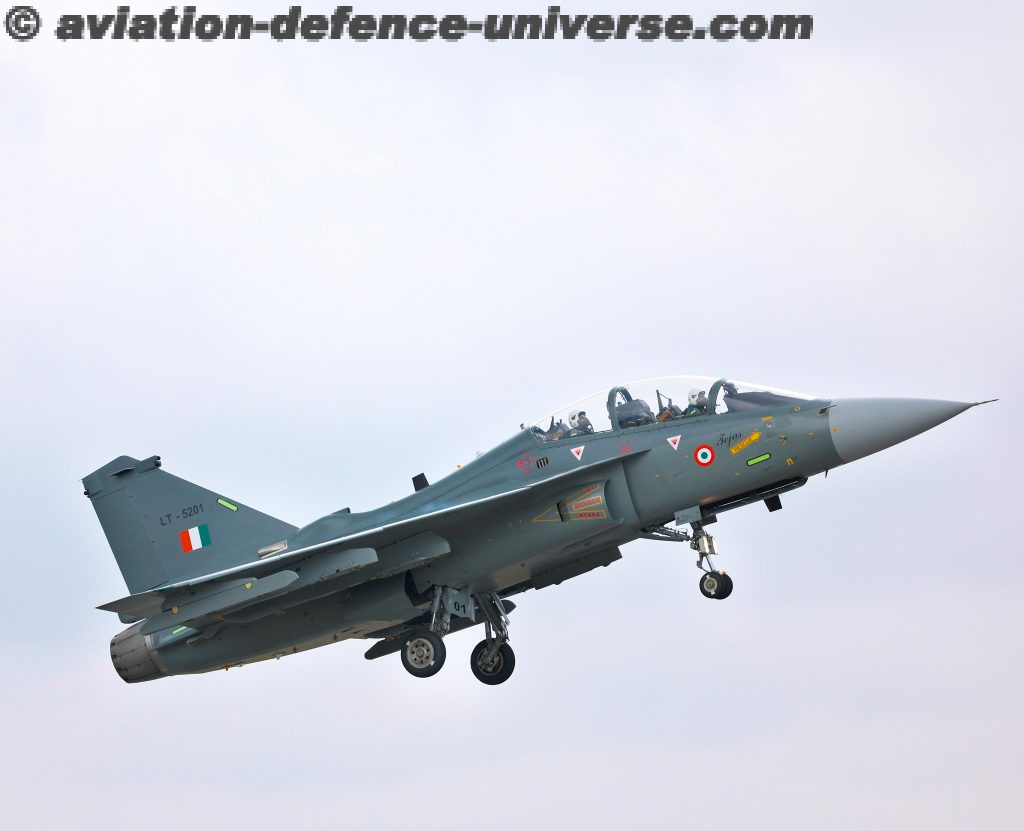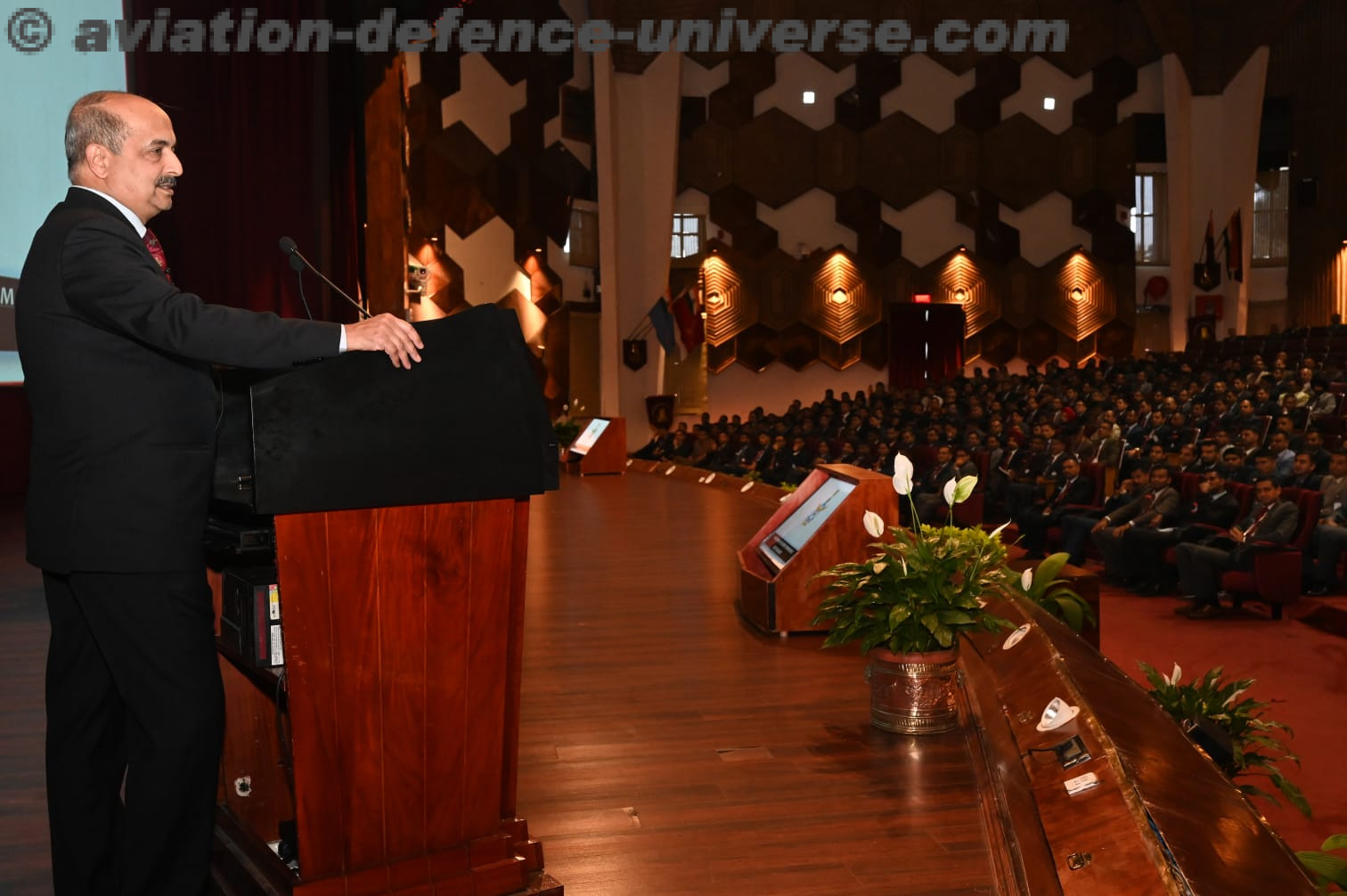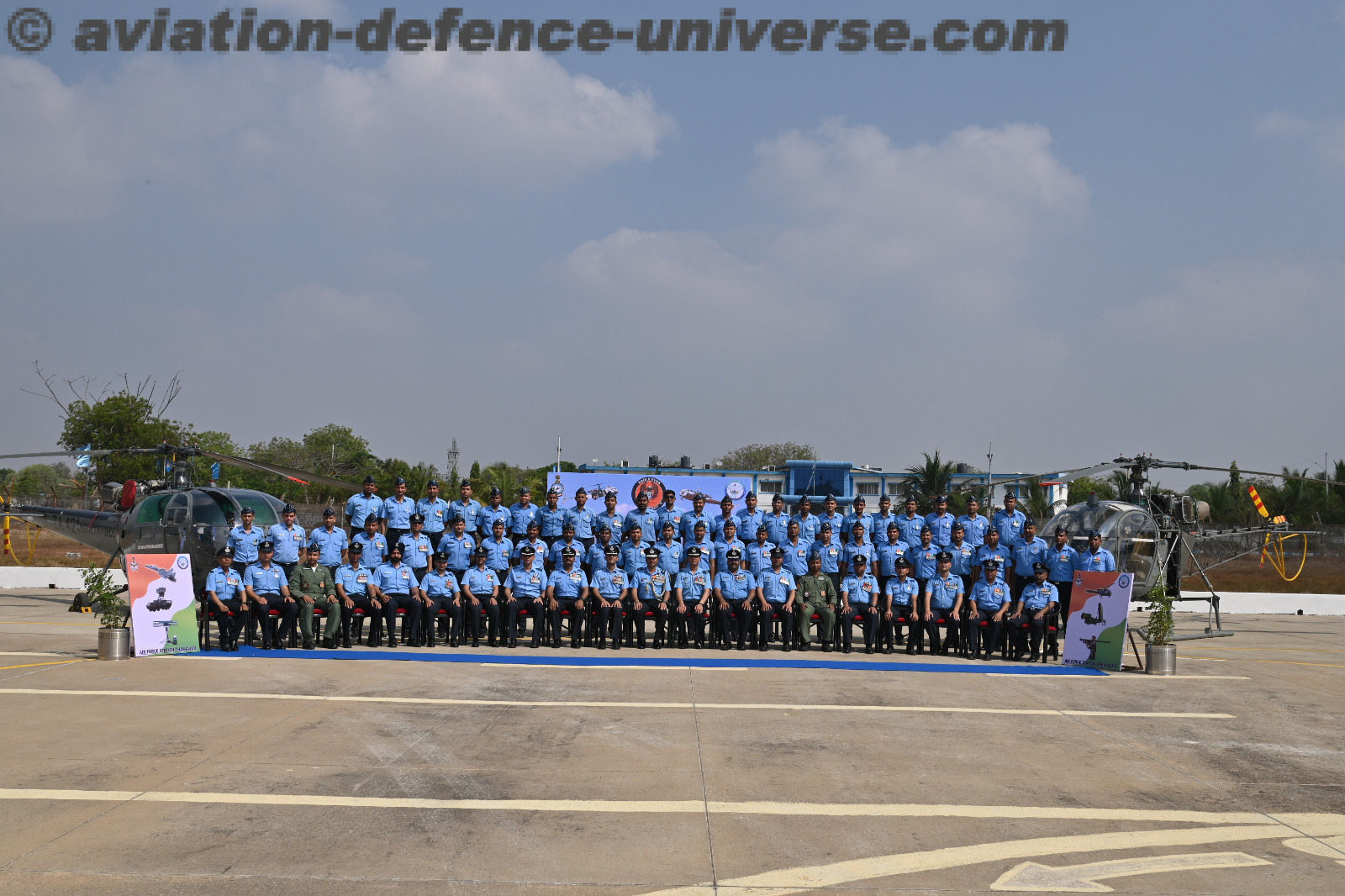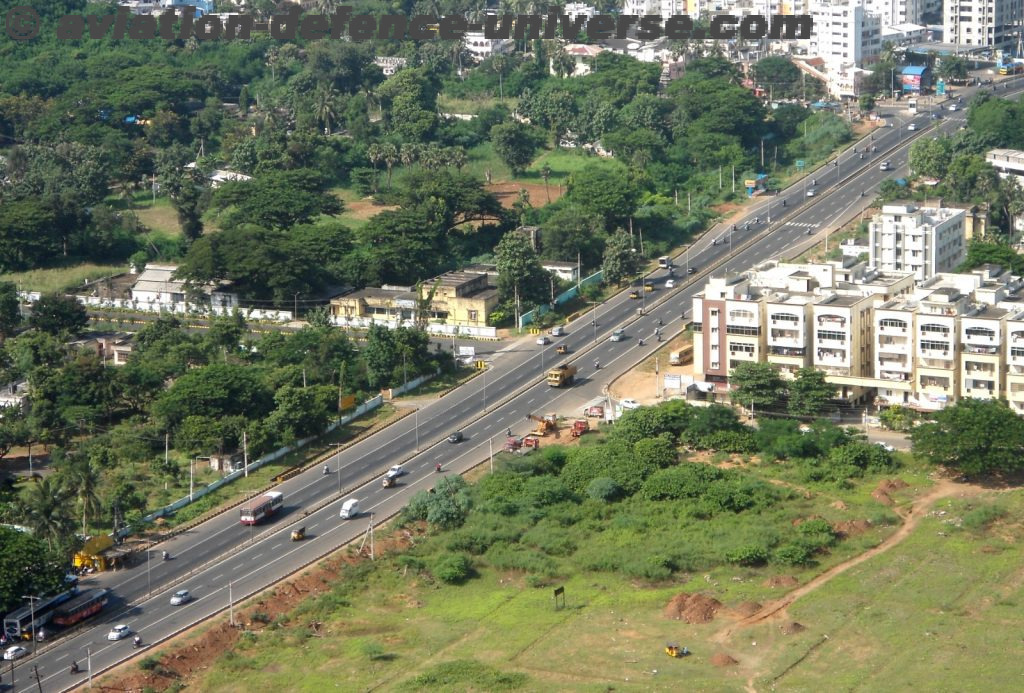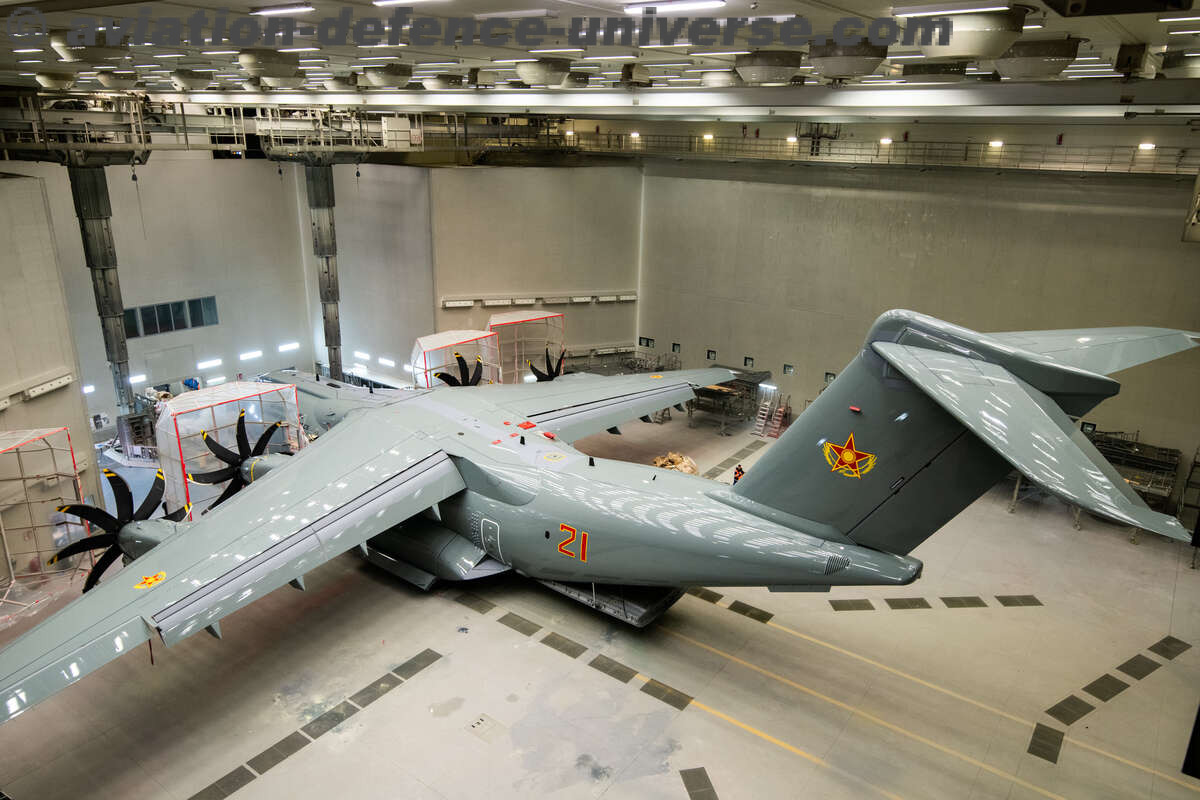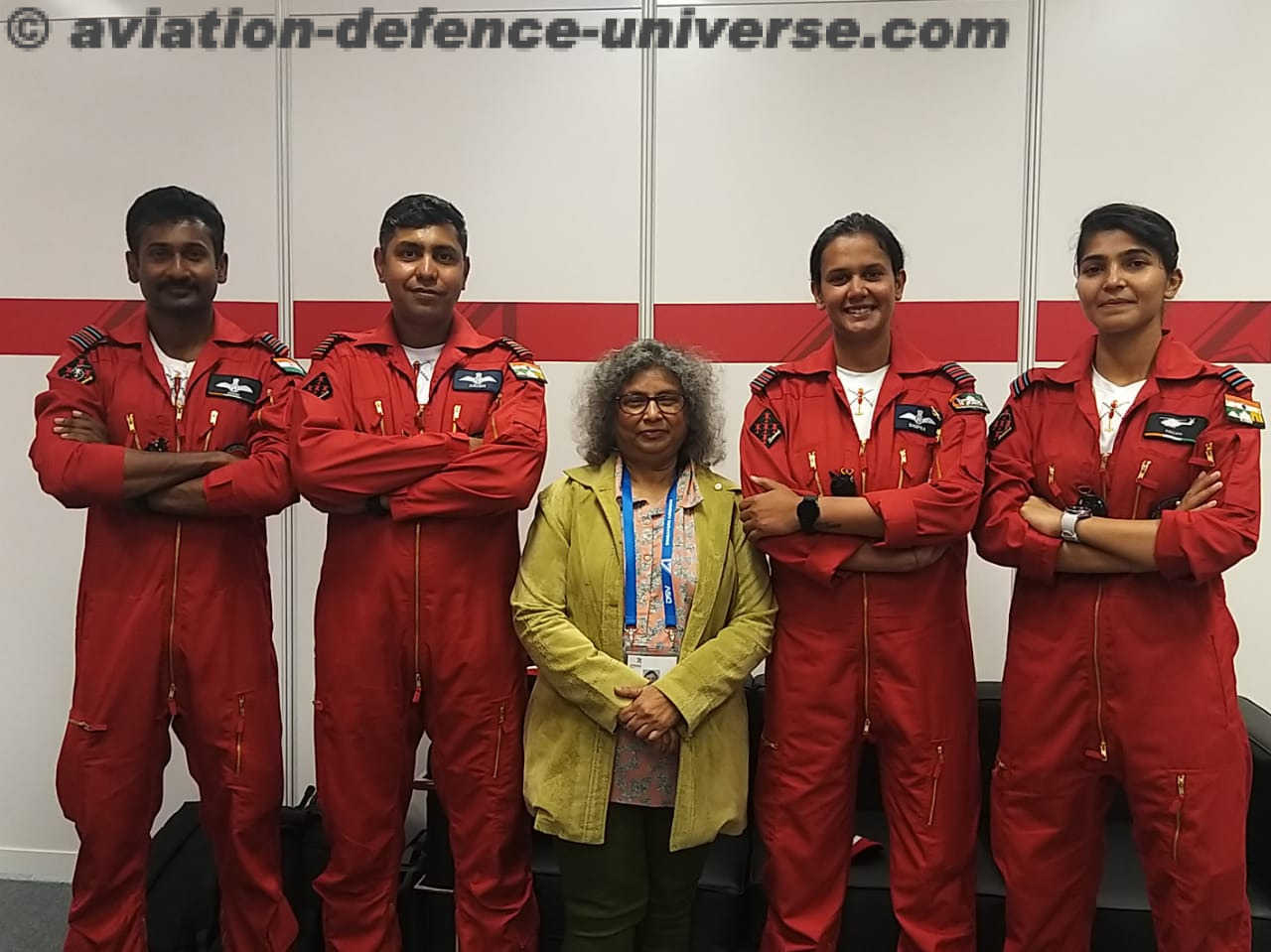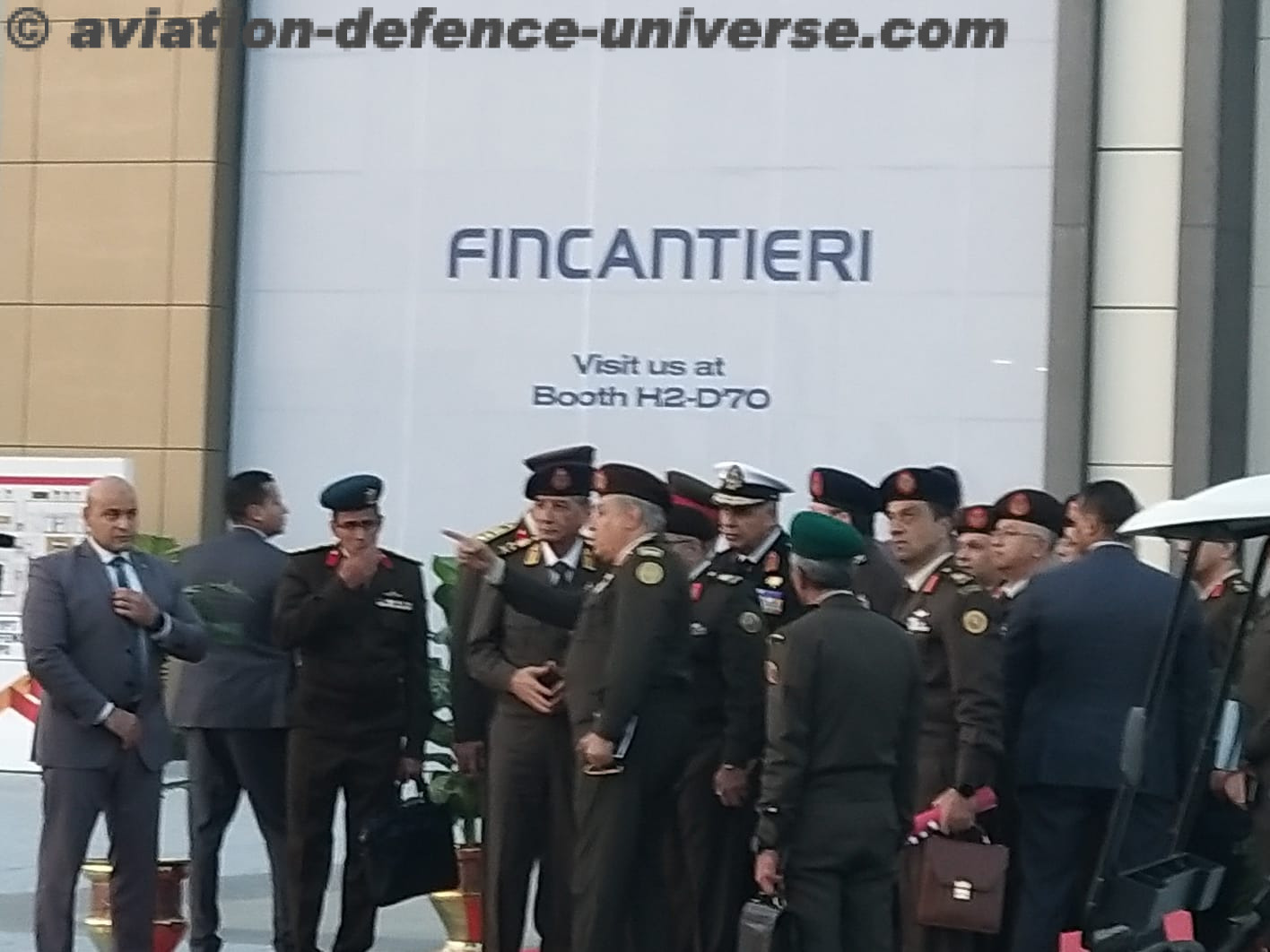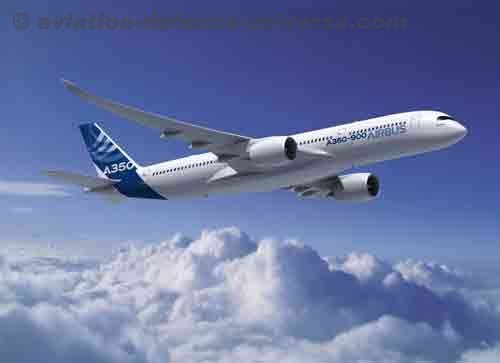- SoundSee, a new space technology collaboration, debuts at the International Space Station
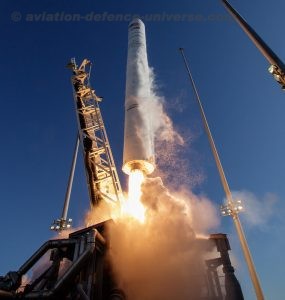
November 21, 2019.Pittsburgh, PA – Astrobotic and Bosch are proud to announce the launch of SoundSee to the International Space Station (ISS). This technology marks the first deployment of technology to the ISS of both companies. As part of a research collaboration with NASA, the lunchbox-sized SoundSee module will assist astronauts by free flying through the space station and using fully-autonomous sensing capabilities to gauge ISS performance and predict when maintenance is needed.
“Thinking further into the future, space stations around the Moon and Mars are going to need these sorts of systems to make sure they’re operating correctly all of the time, even when crew members aren’t on board,” said Andrew Horchler, Principal Research Scientist at Astrobotic and the project lead for the partnership with Bosch.
At Astrobotic and Bosch Research, both in Pittsburgh, the SoundSee team tested and refined the technology in a one-of-a-kind acoustic chamber. The SoundSee chamber’s layout matches that of the ISS module that SoundSee will be flying within.
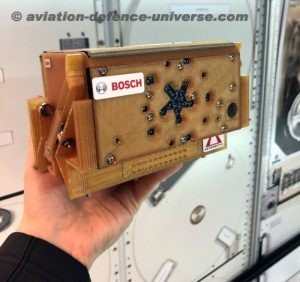
“Having our first deployment of technology in space is a great milestone for Astrobotic,” says Jeffrey Apeldoorn, VP Future Missions & Technology. “We are looking forward to building on this success and exploring future applications for this technology.”
SoundSee launched on November 2nd aboard Northrup Grumman’s CRS-12 resupply mission. Two days later the CRS-12 docked with the ISS. SoundSee will conduct its first experiments starting in early 2020. The expertise gained from SoundSee’s listening technology will be used in commercial applications such as monitoring automotive performance and detecting potential anomalies in manufacturing equipment.




